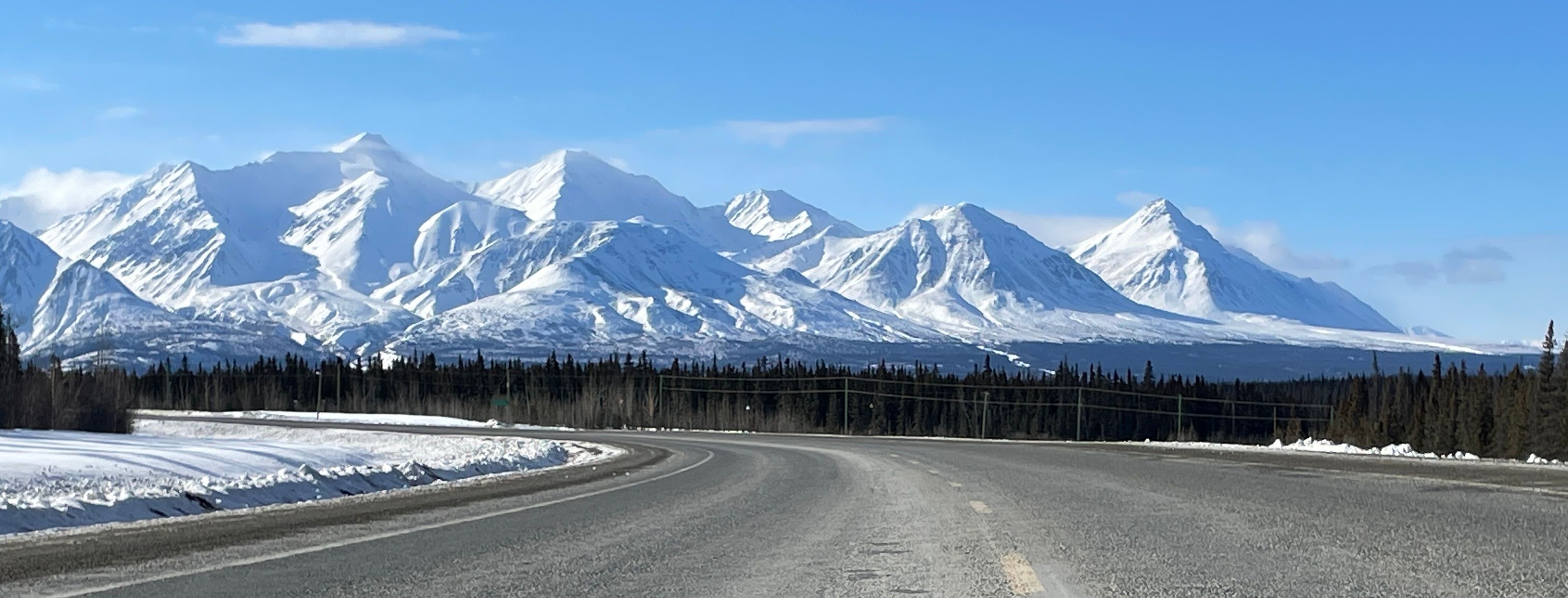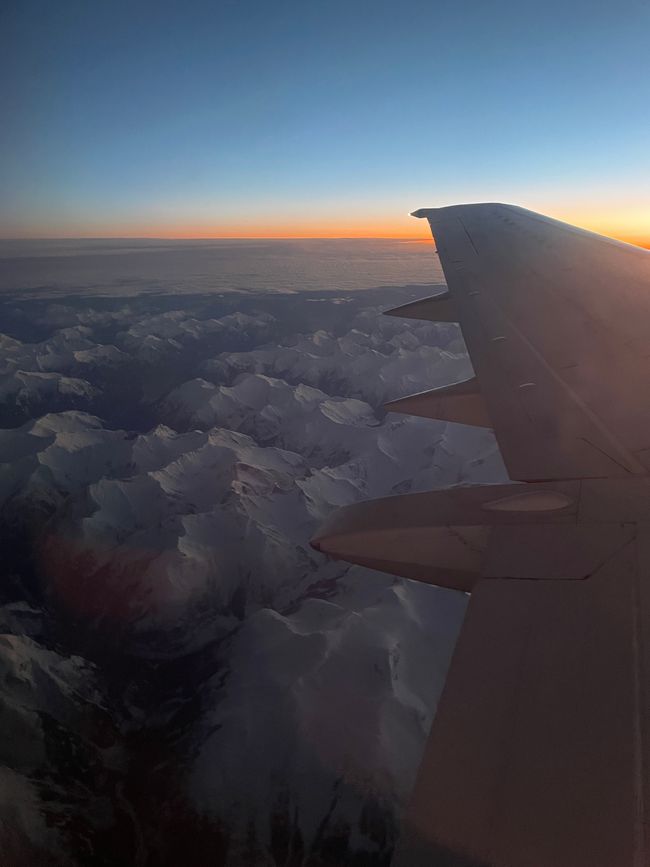29.06.-23.07. - Guamal, Meta, Colombia
Weşandin: 23.07.2023
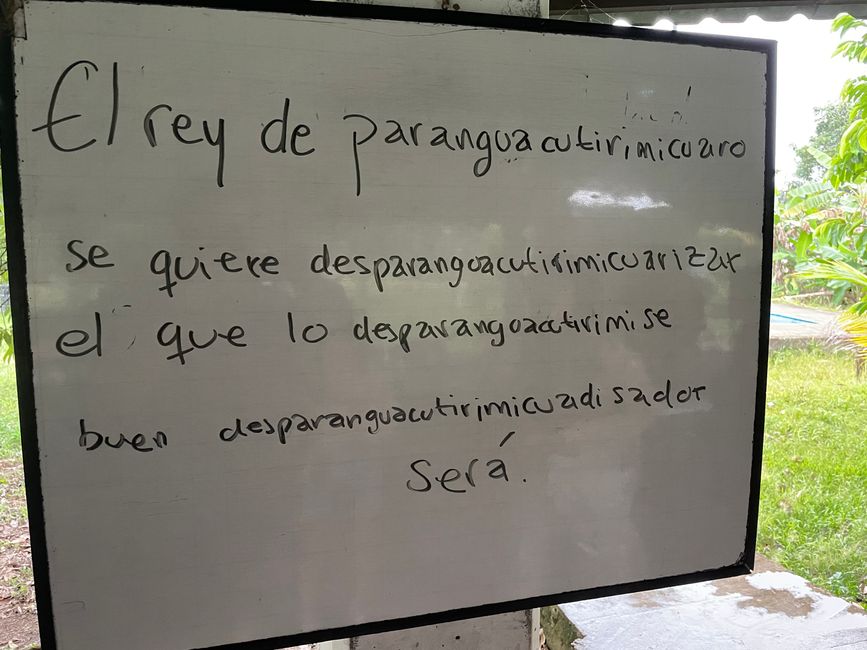
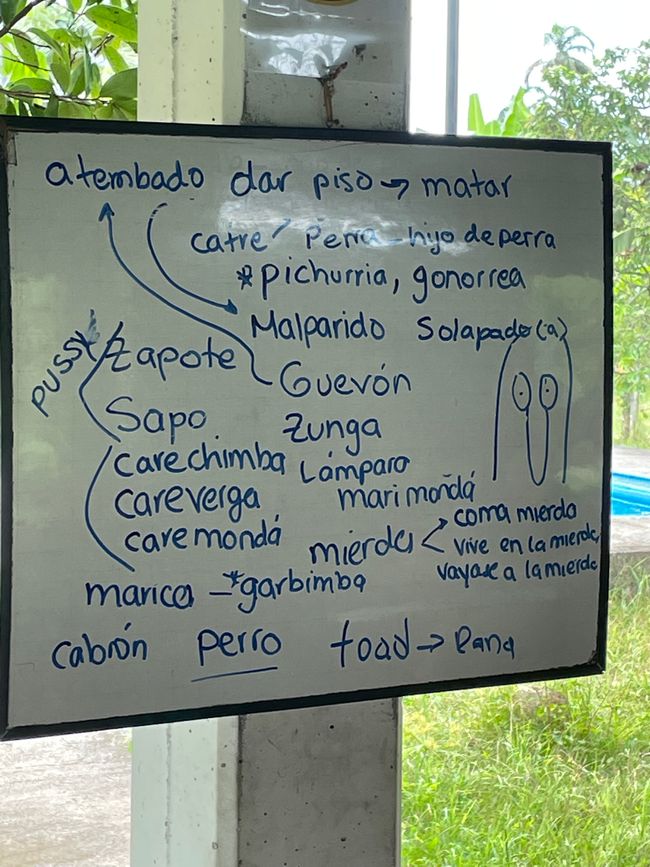
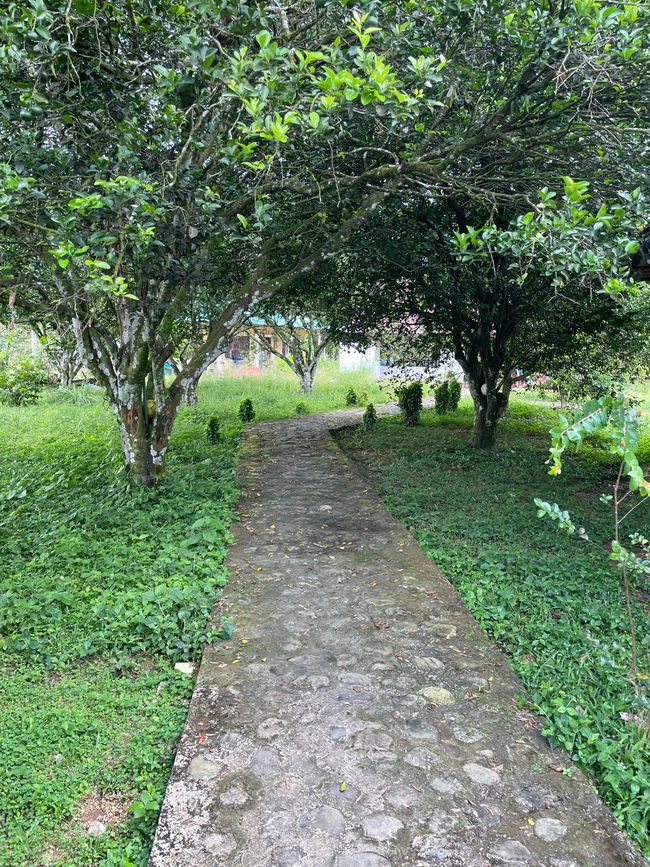
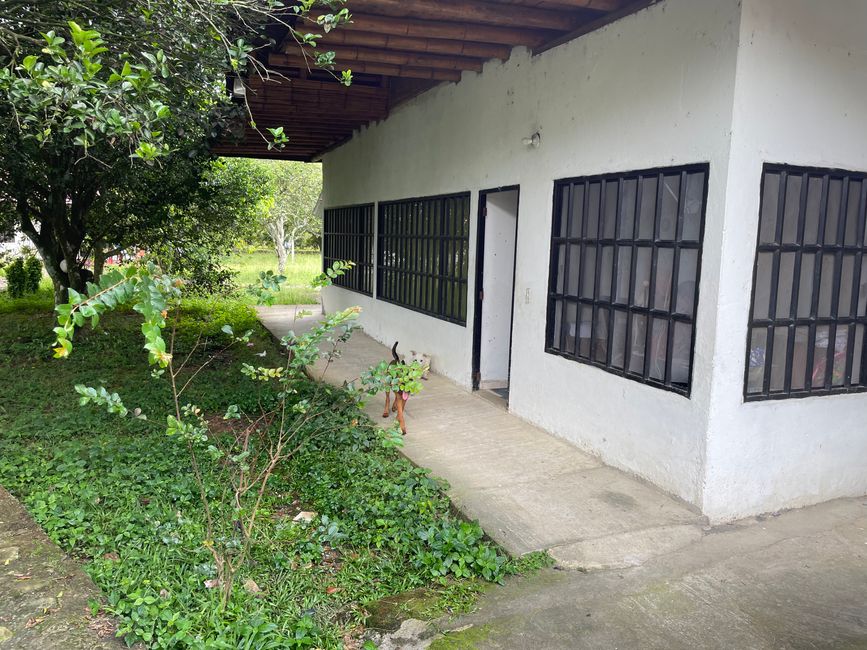
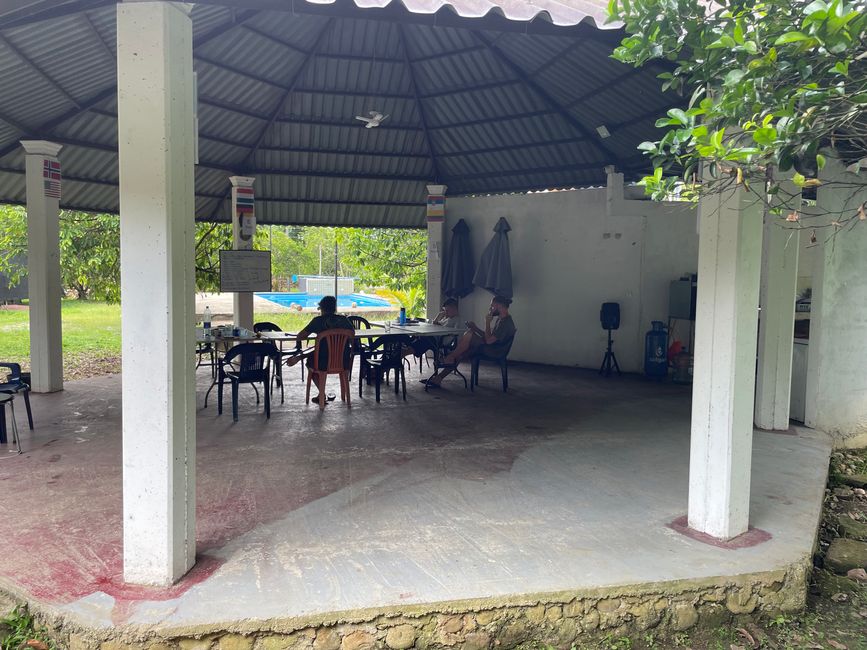
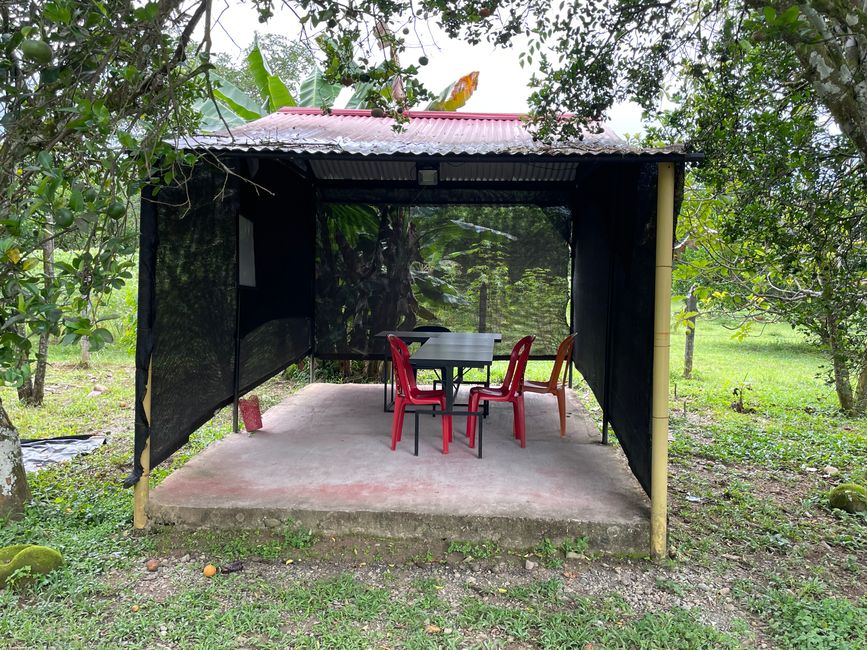
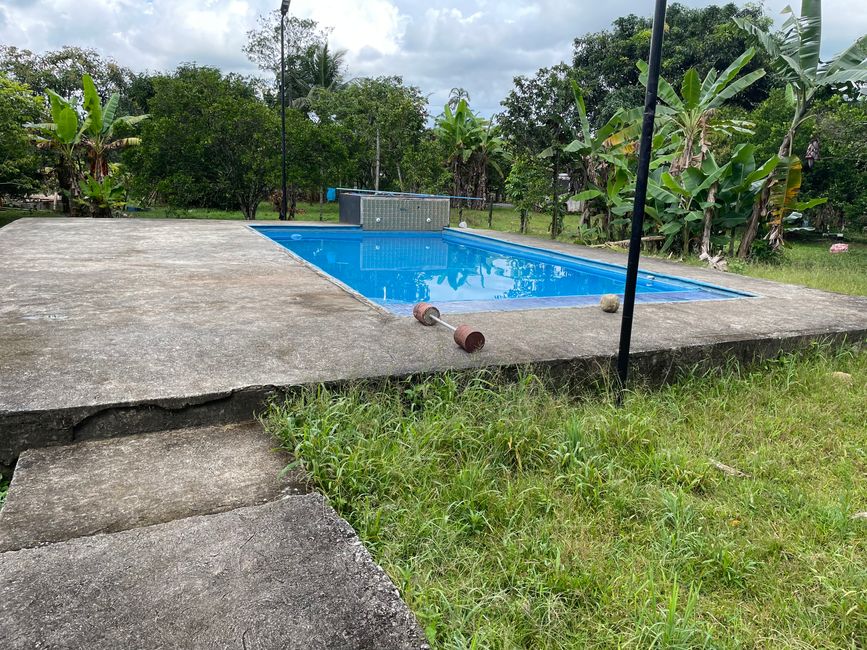
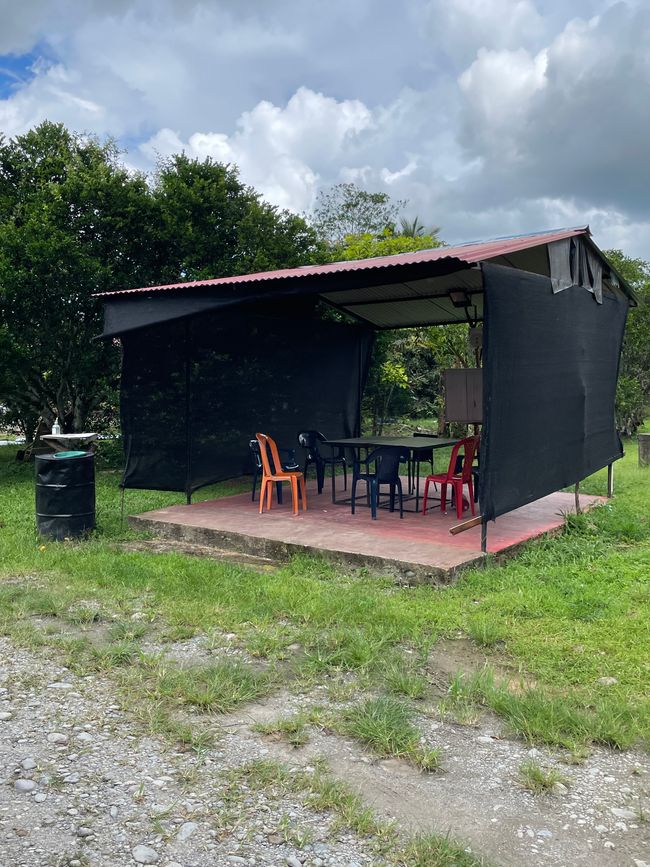
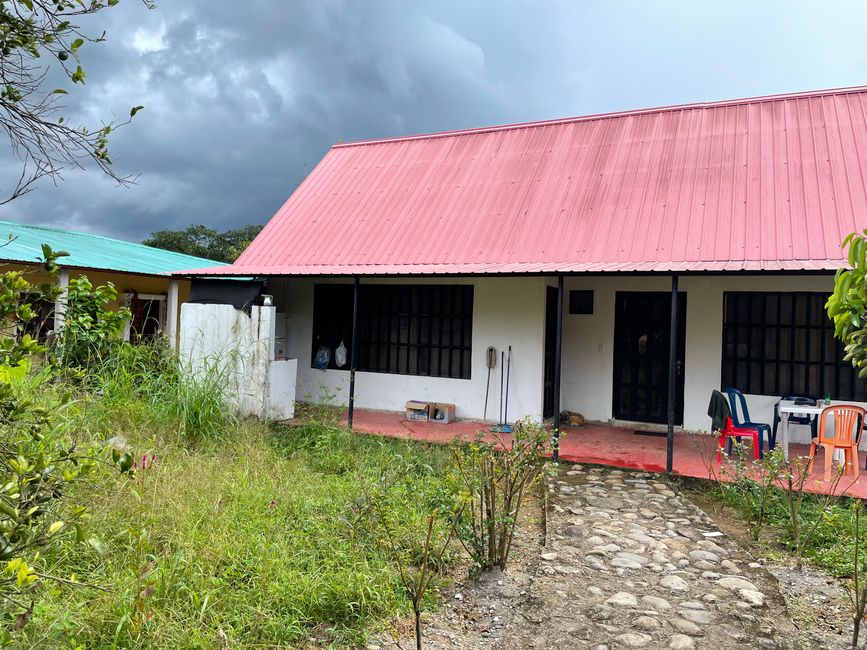
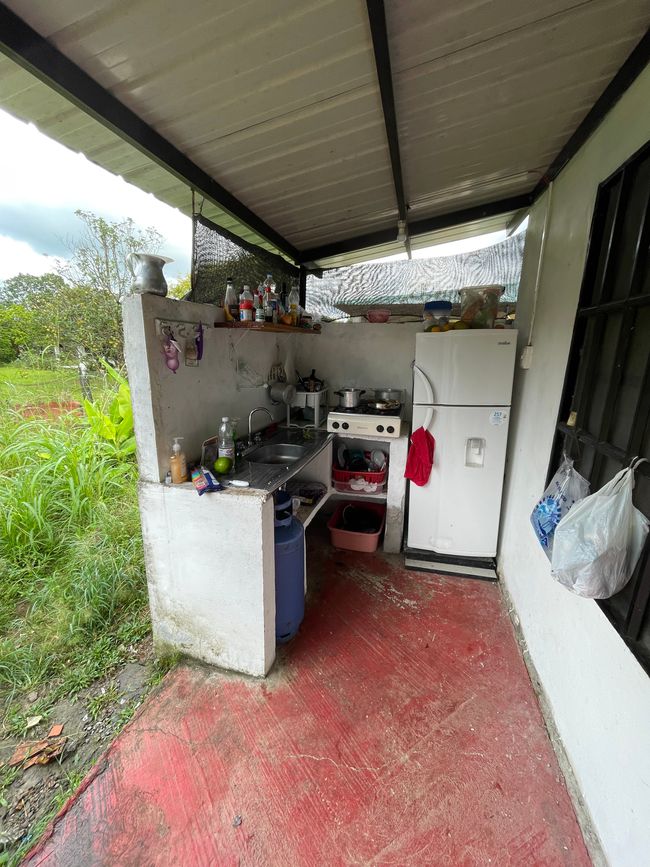
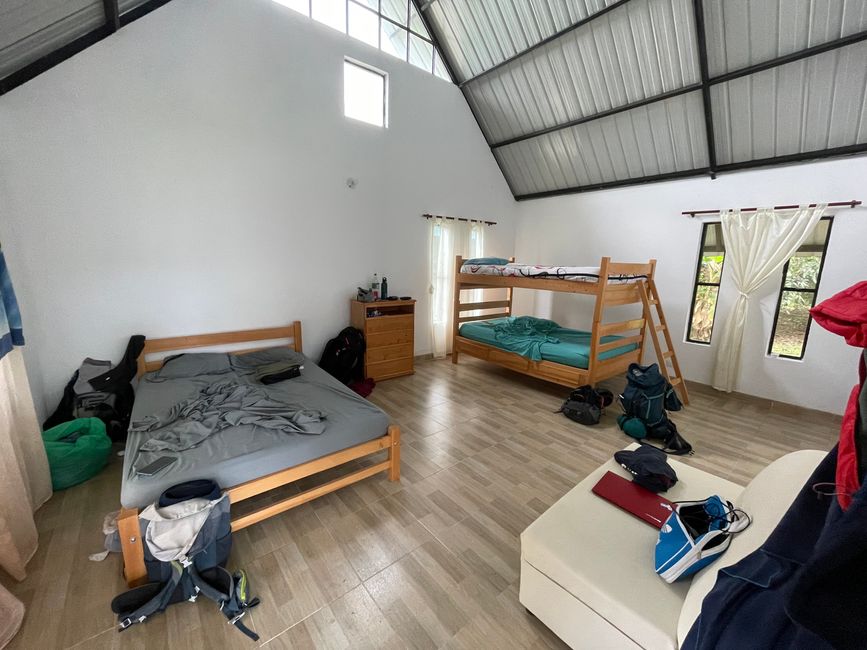
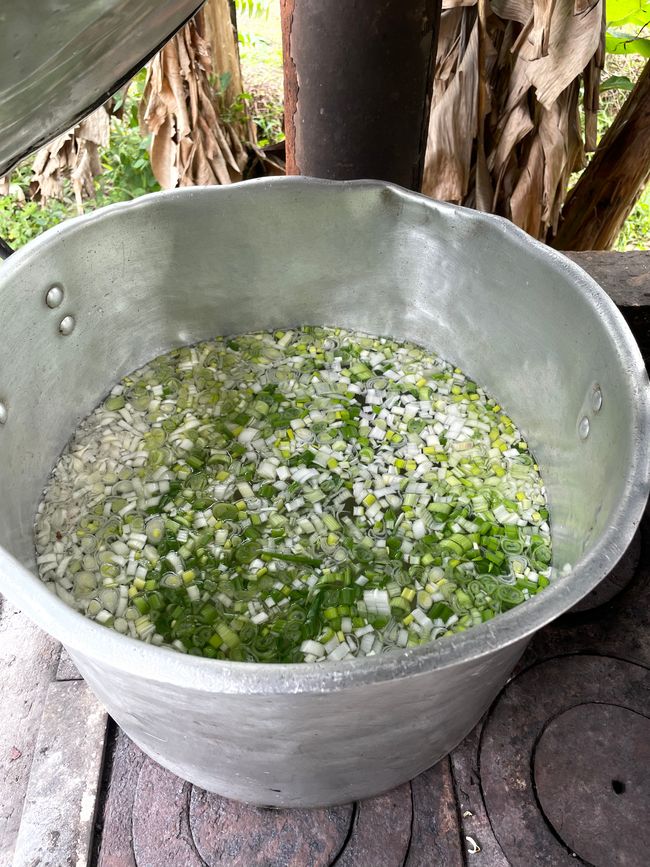
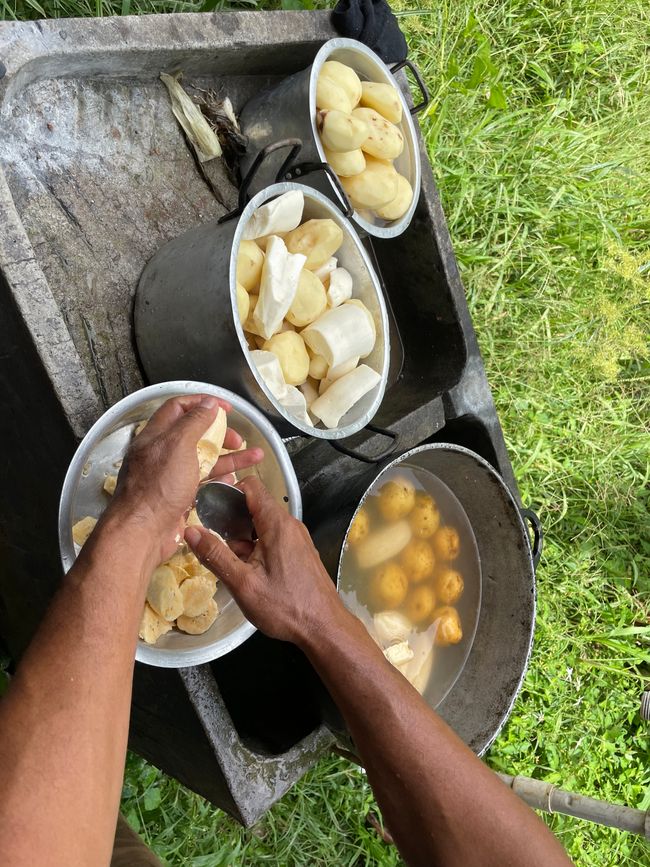
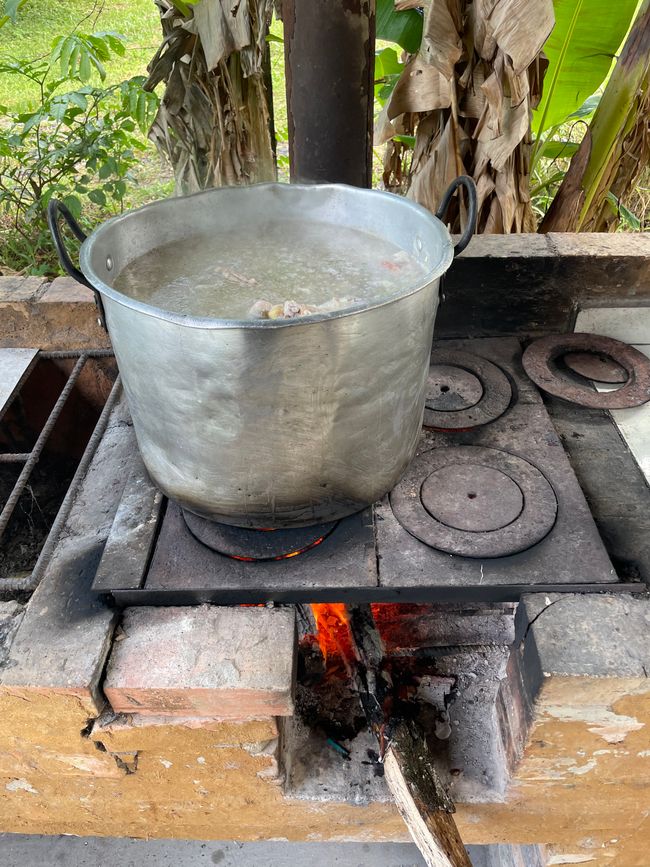
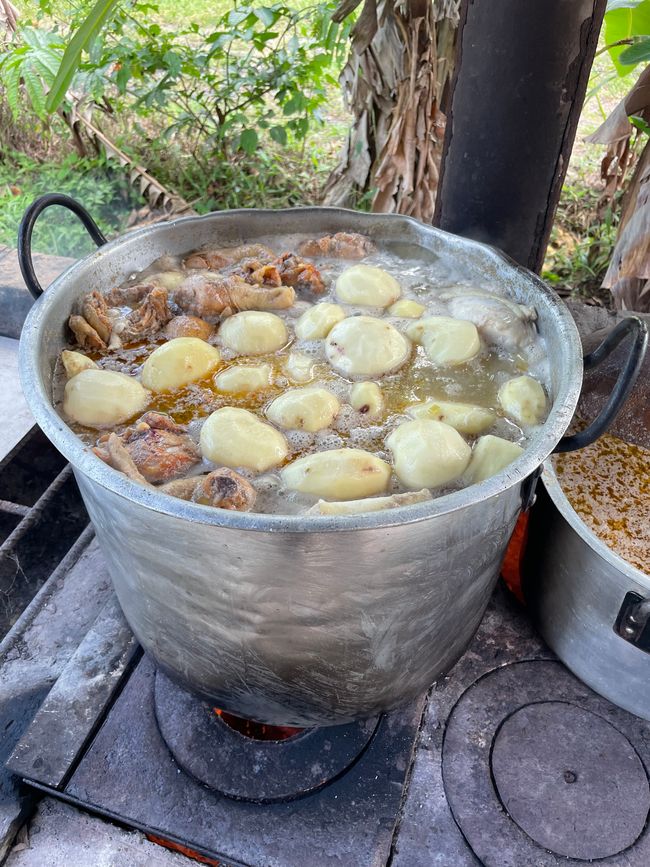
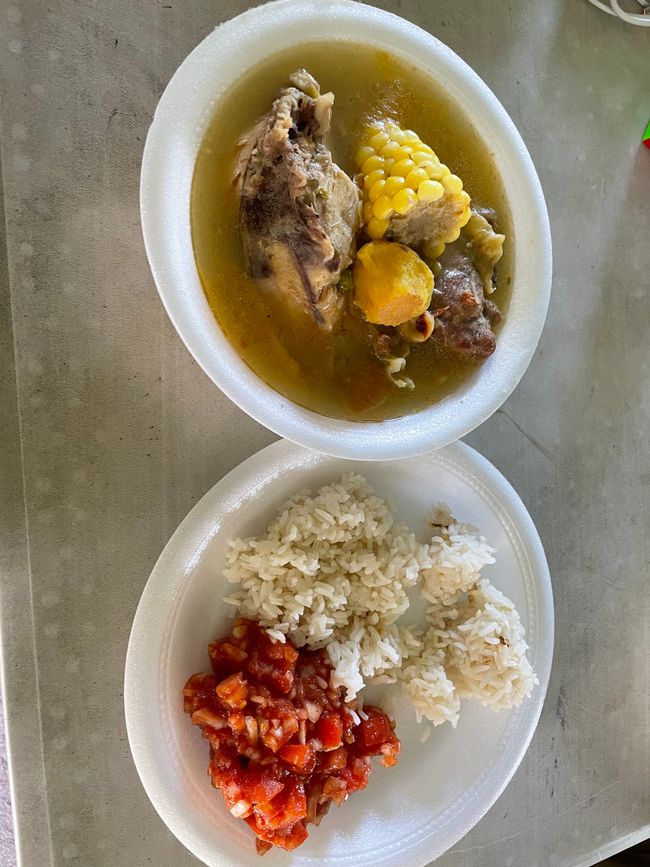
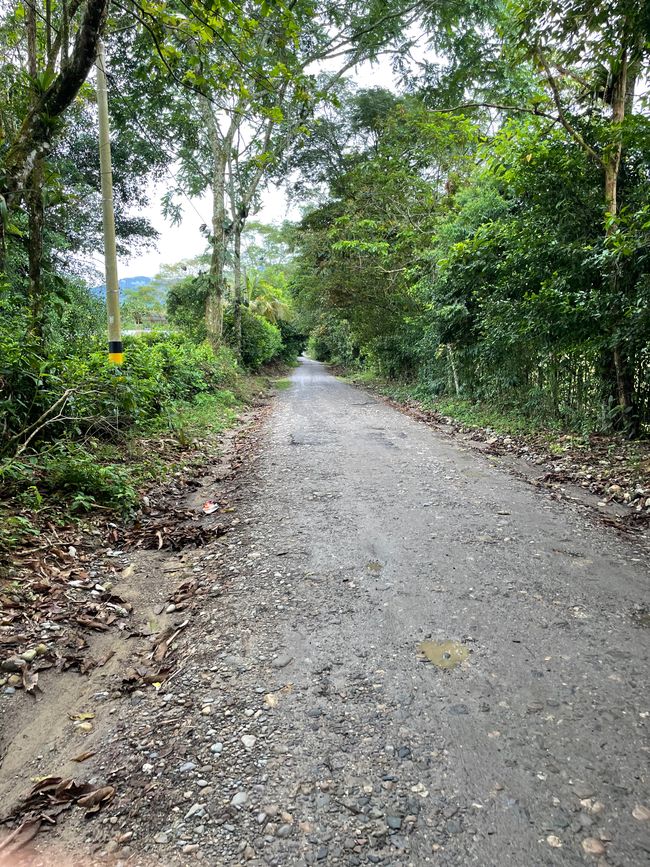
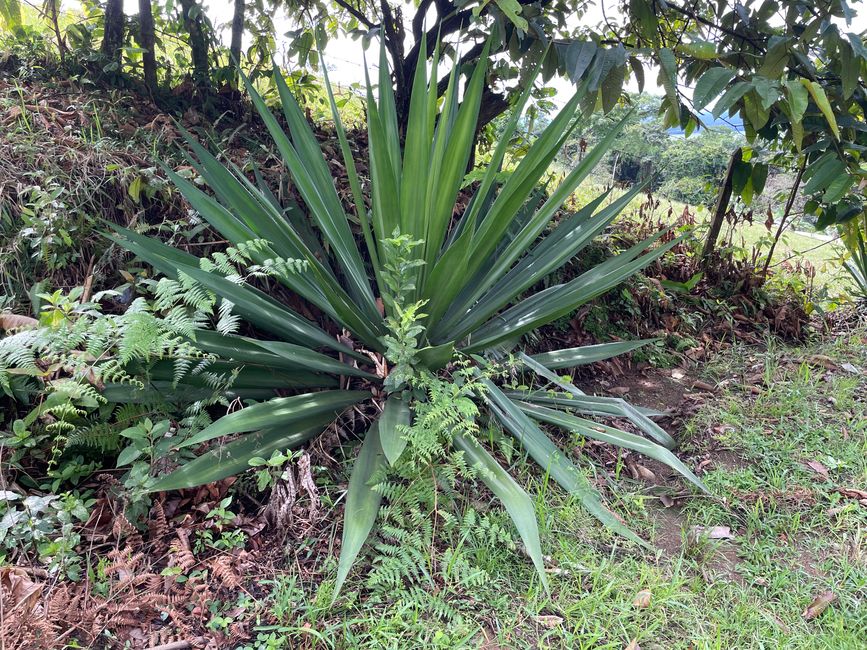
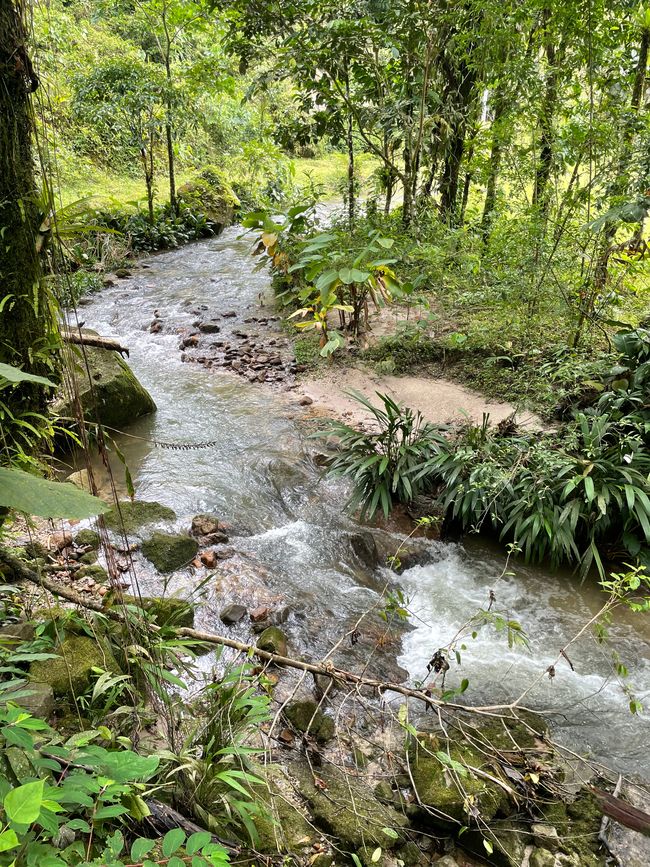
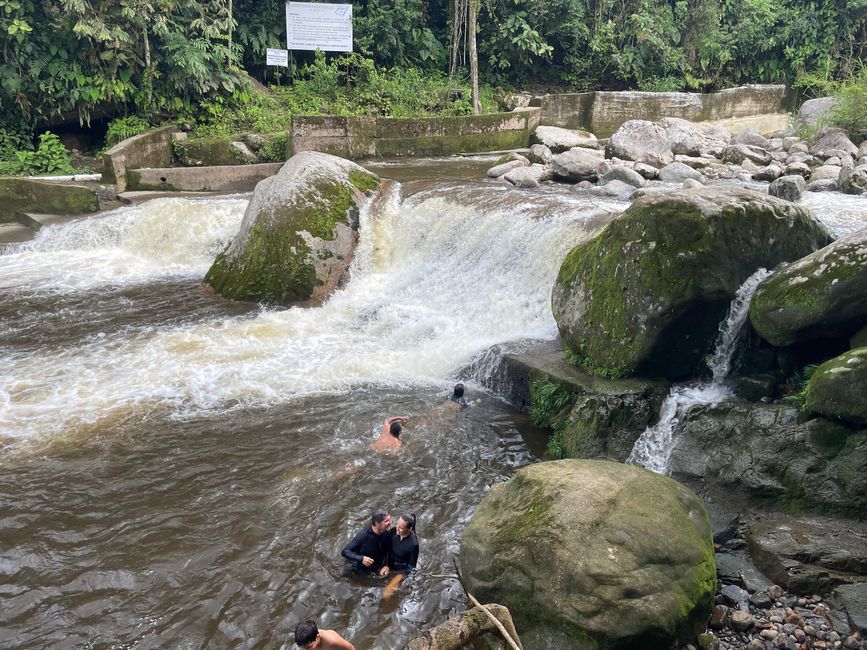
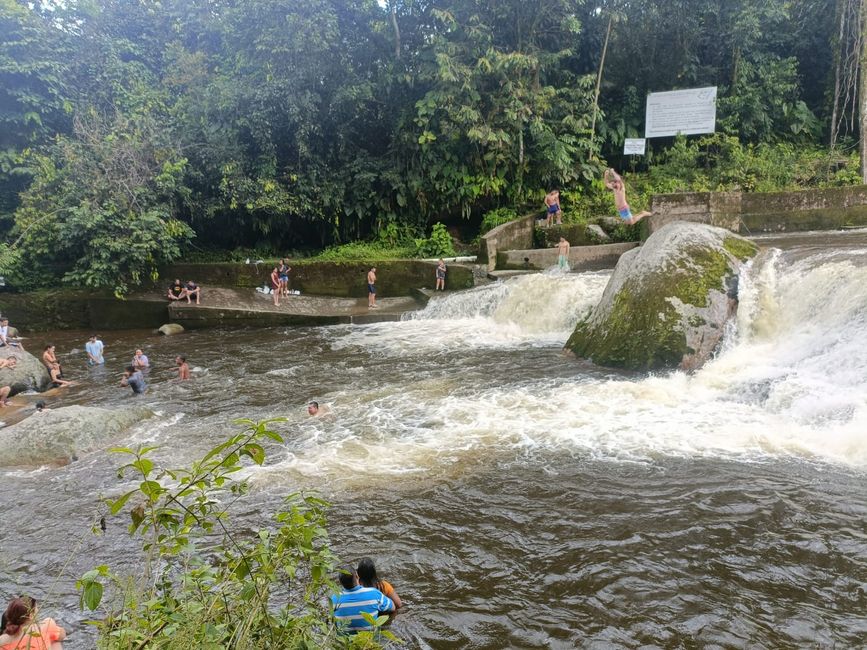
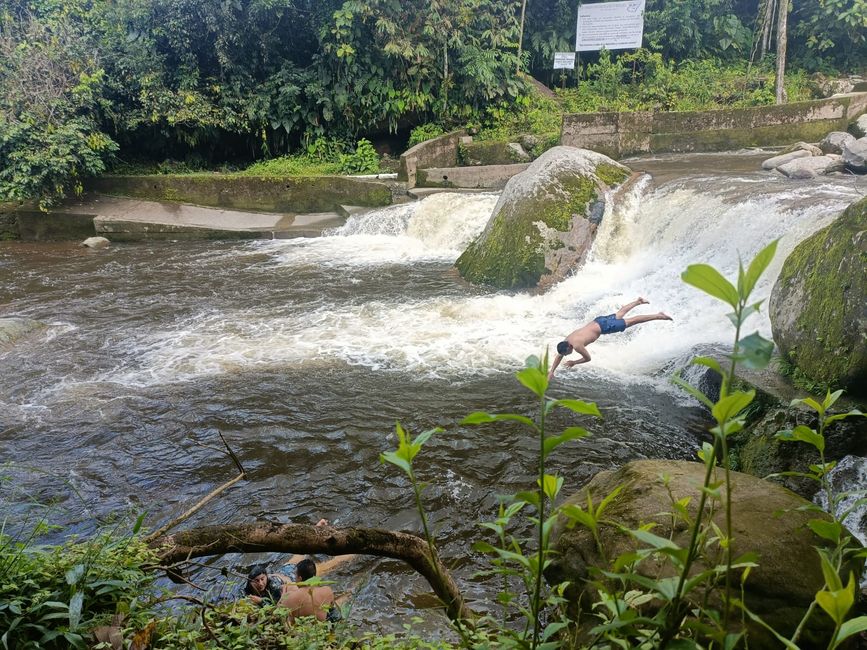
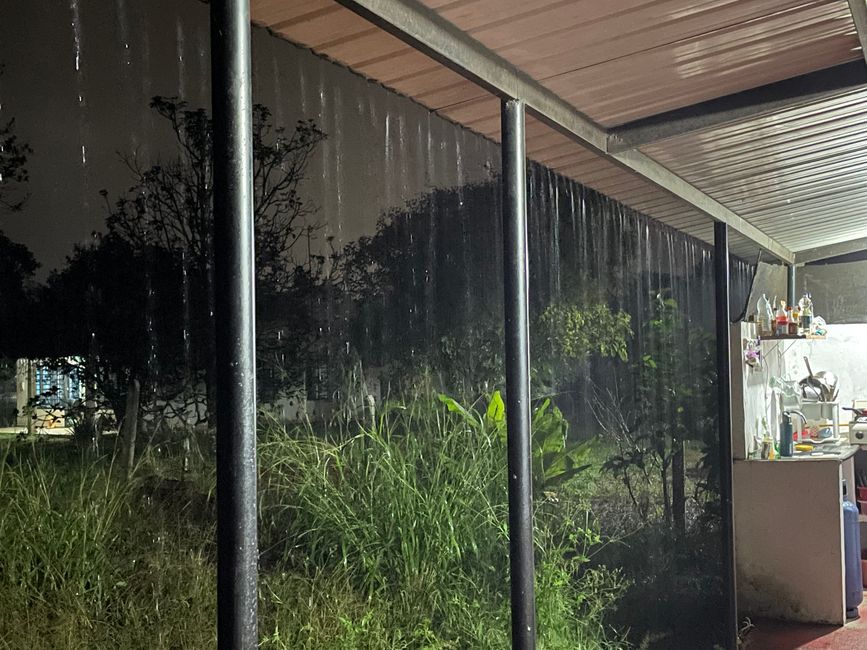
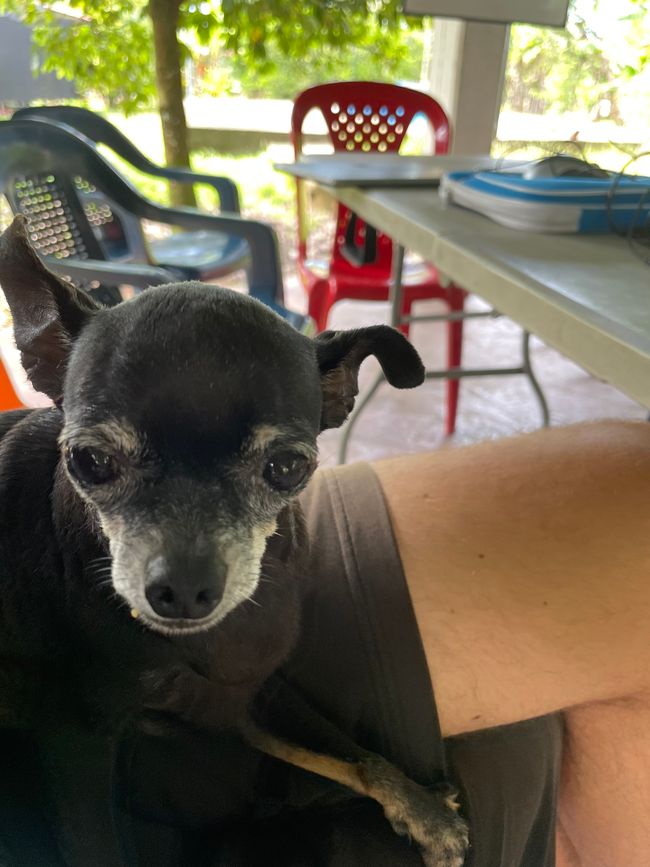
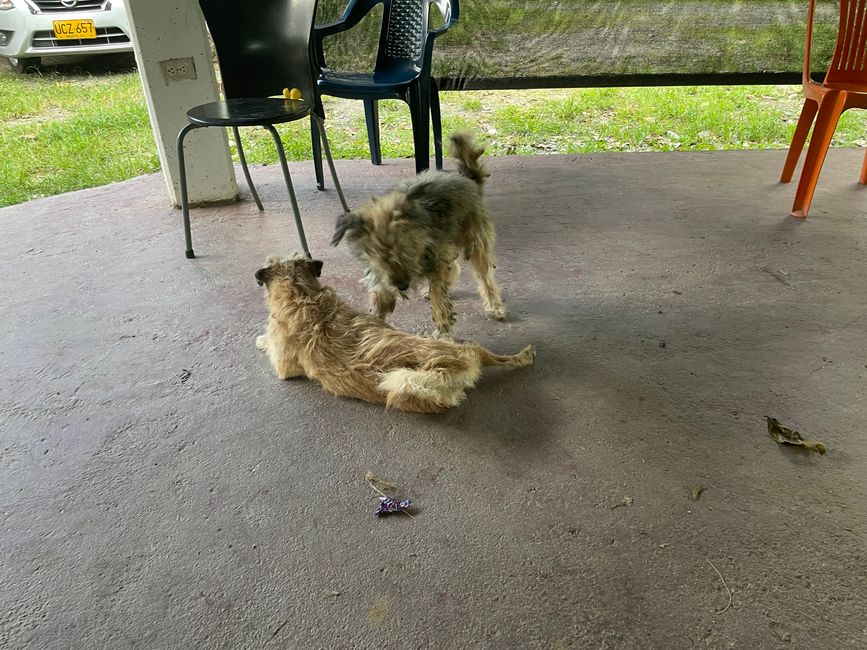
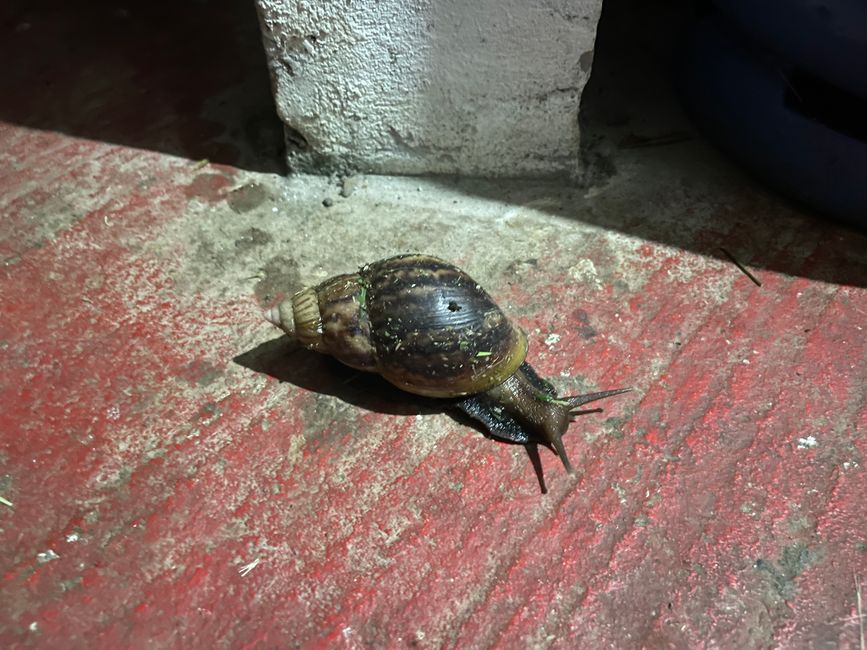
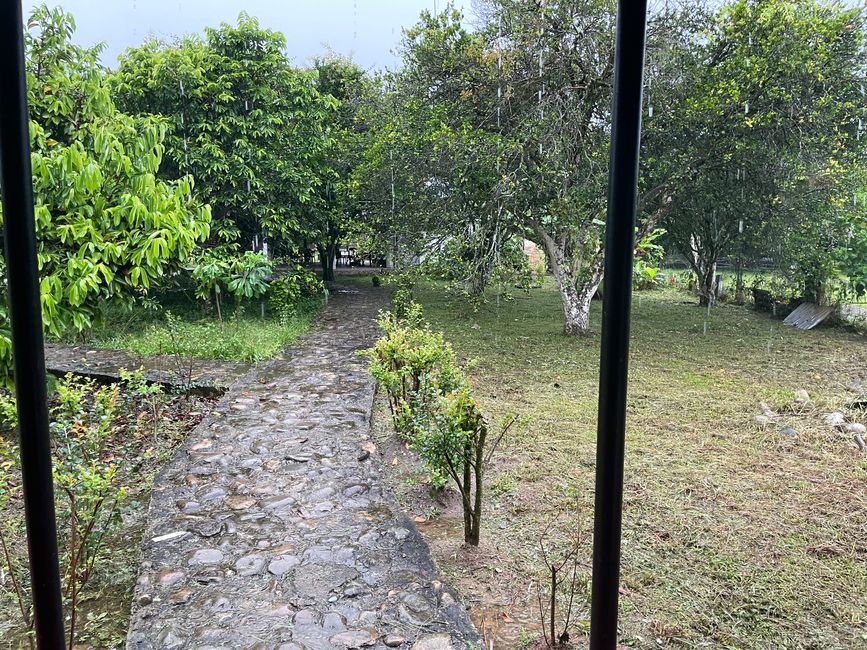
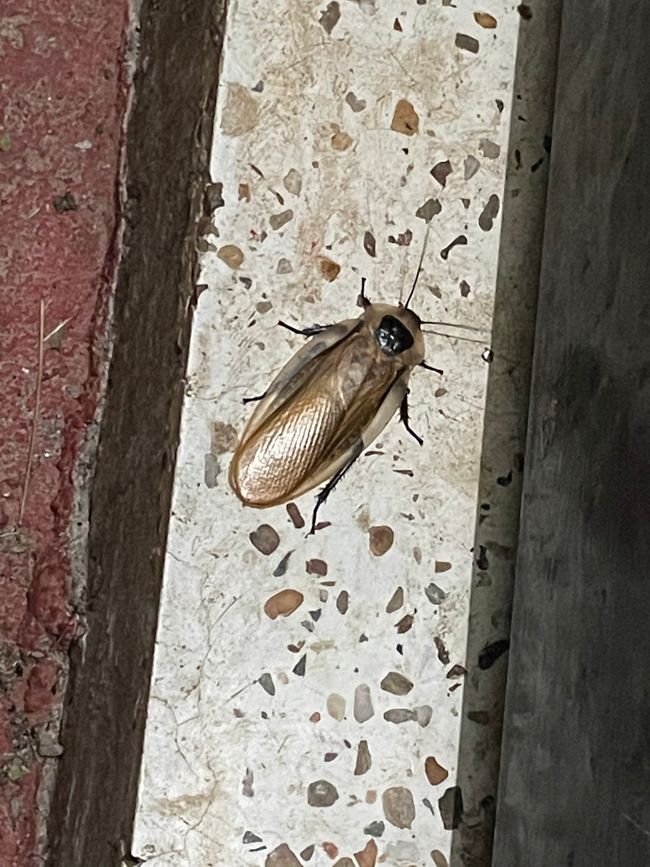
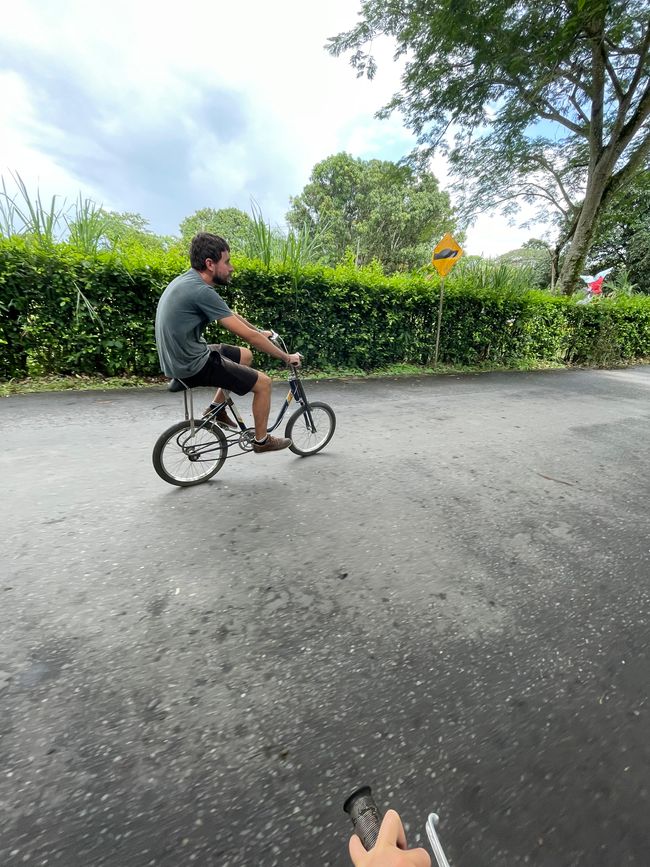
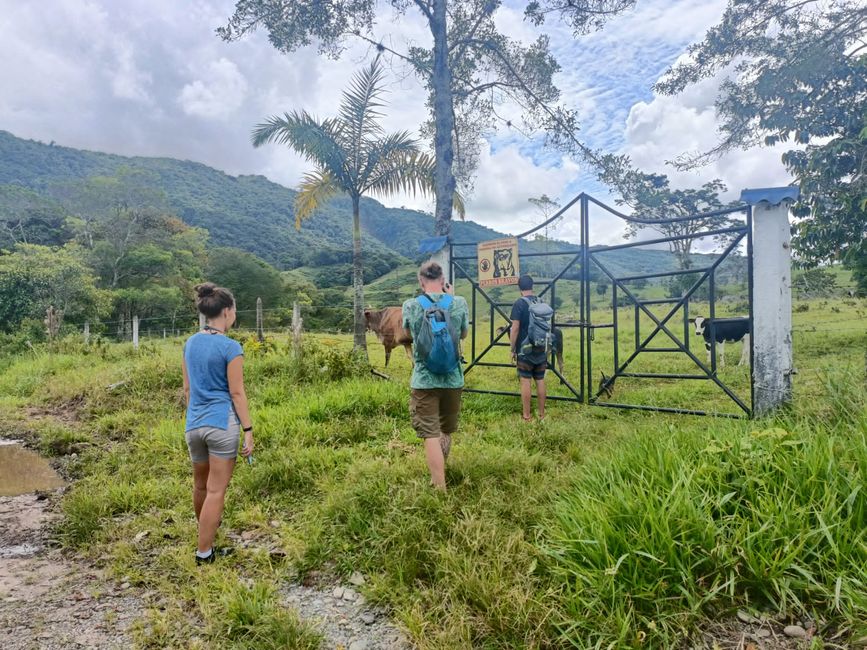
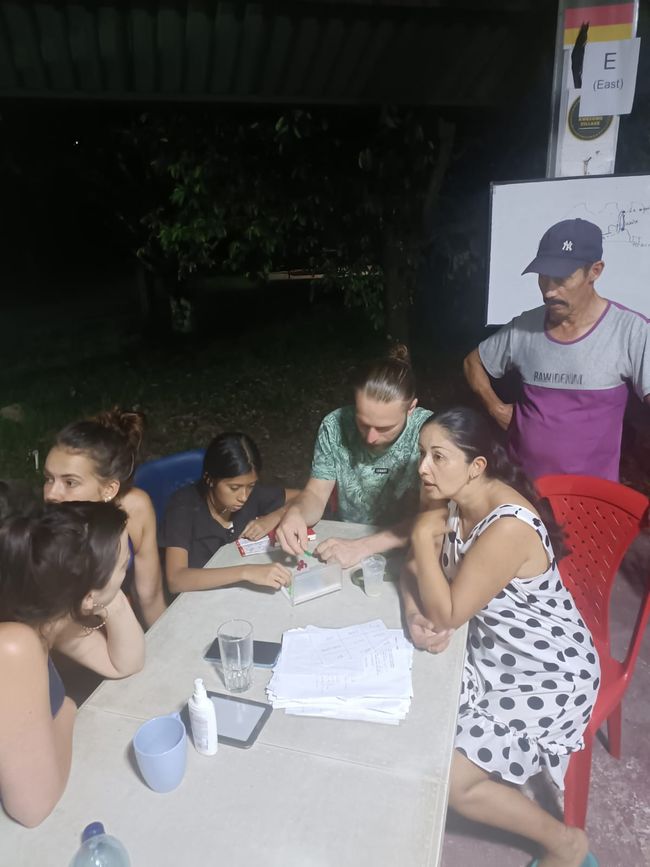
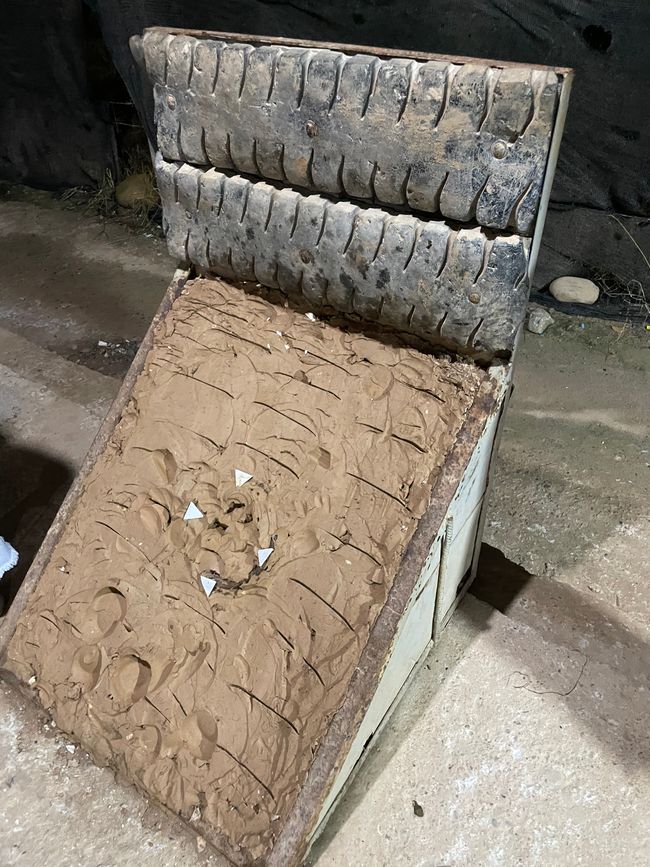
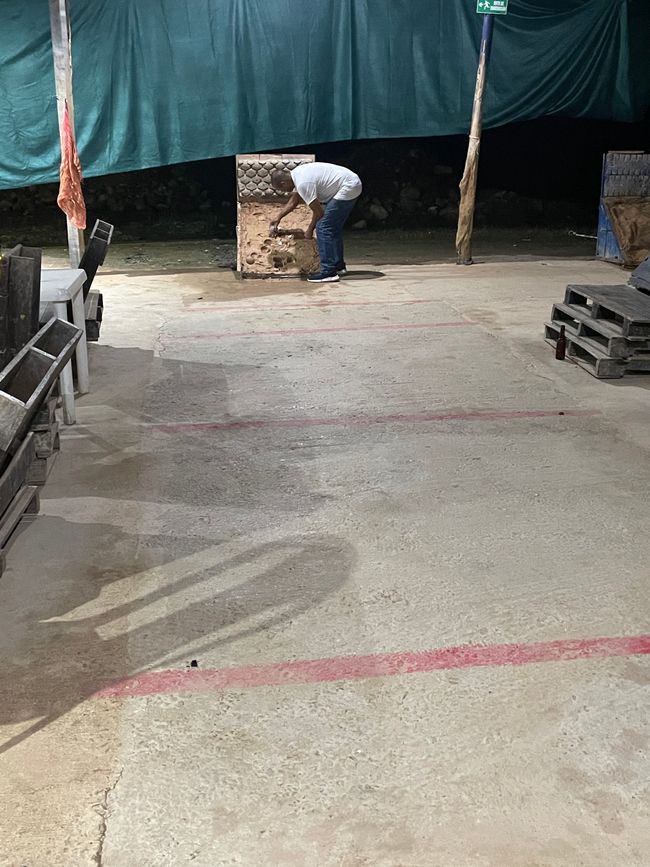
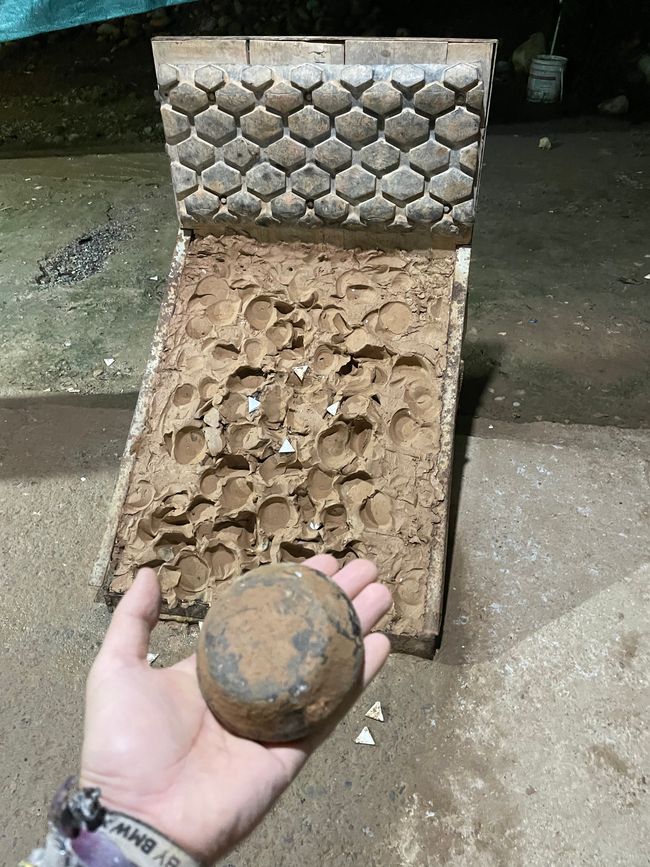
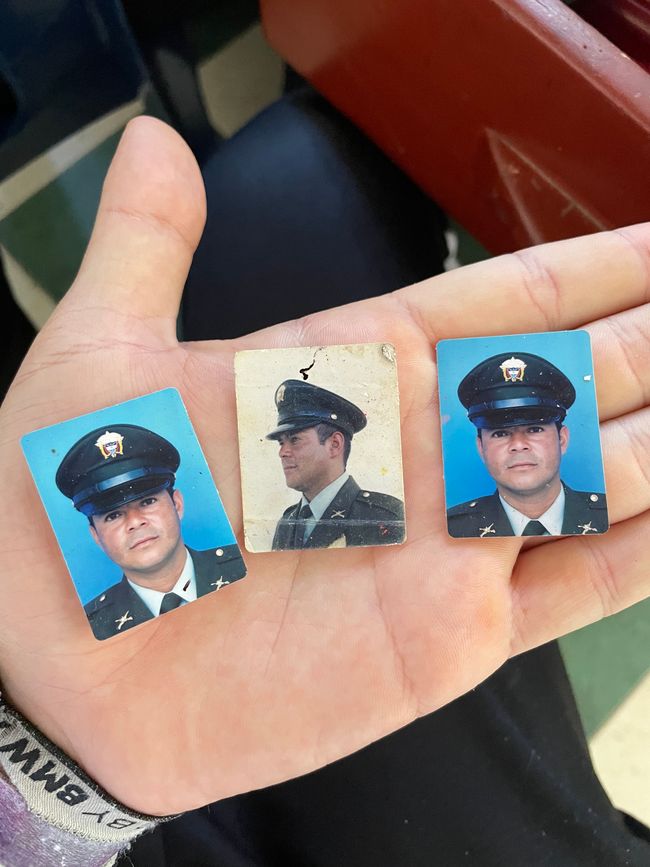
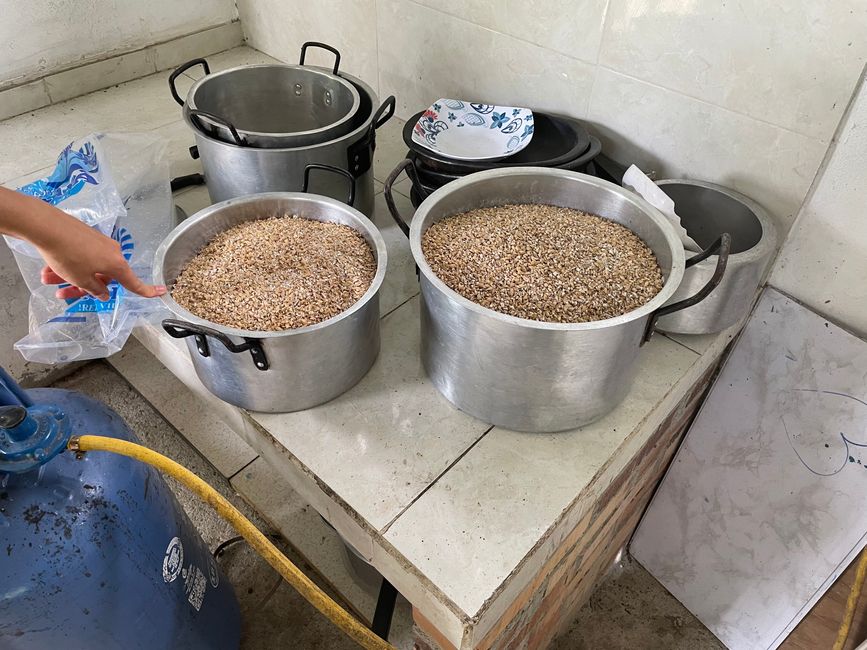
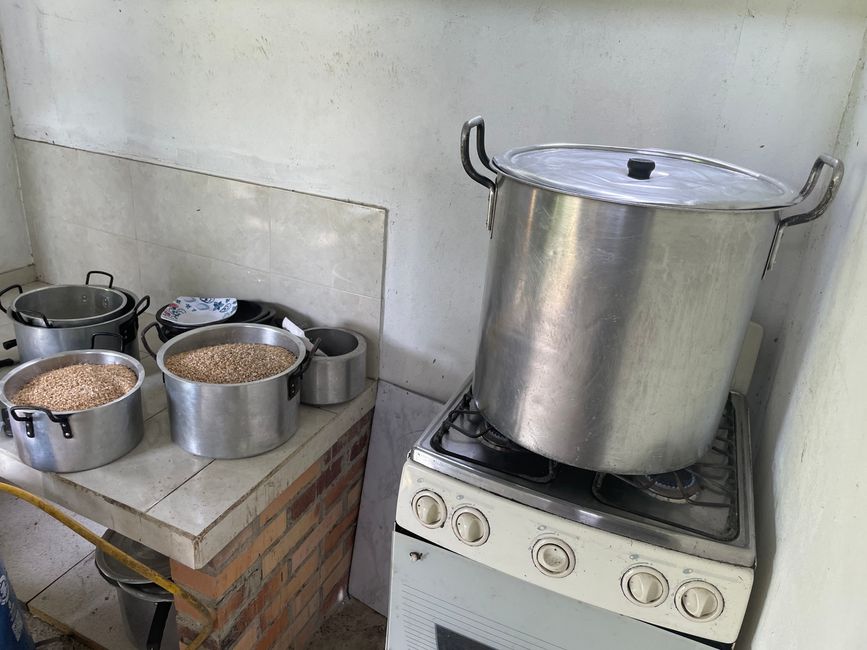
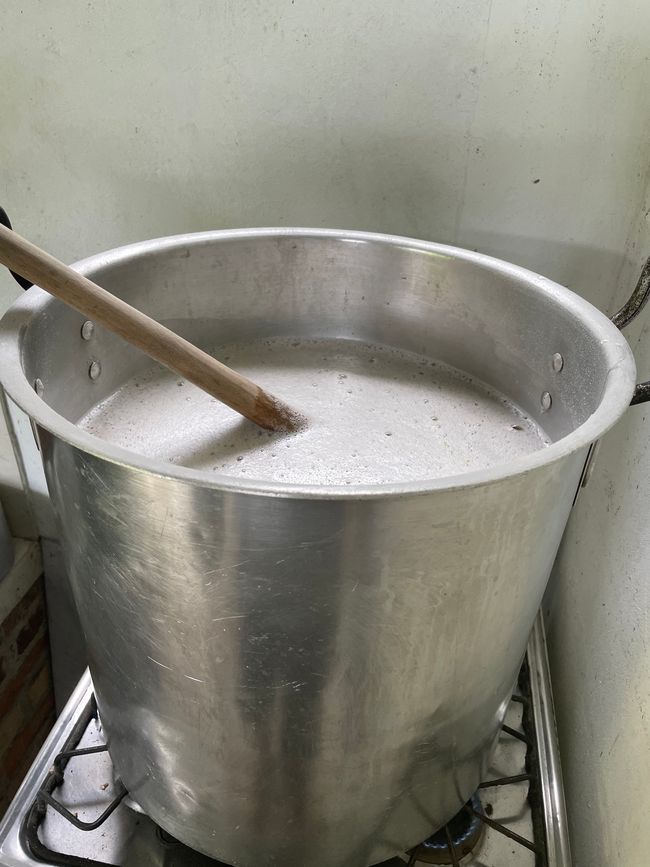
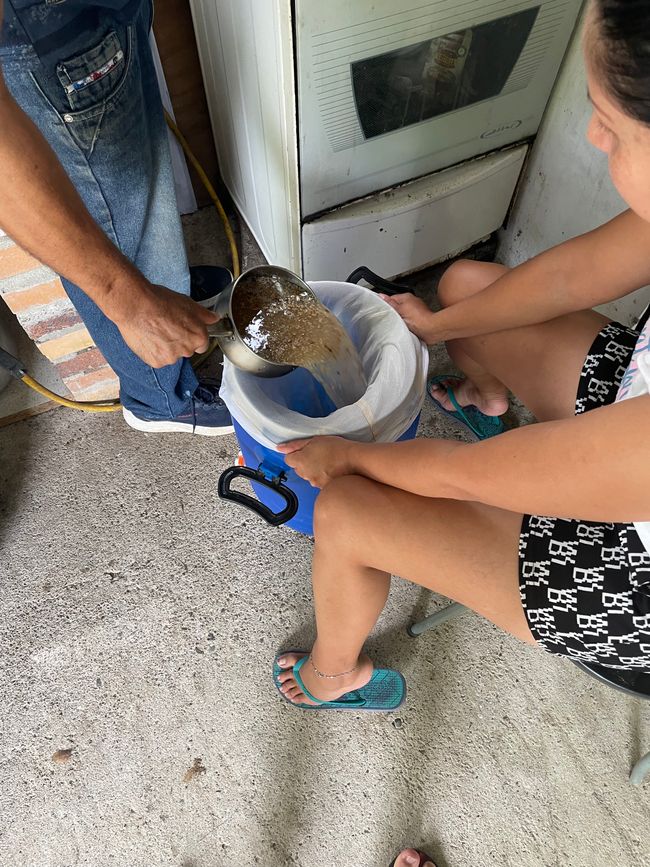
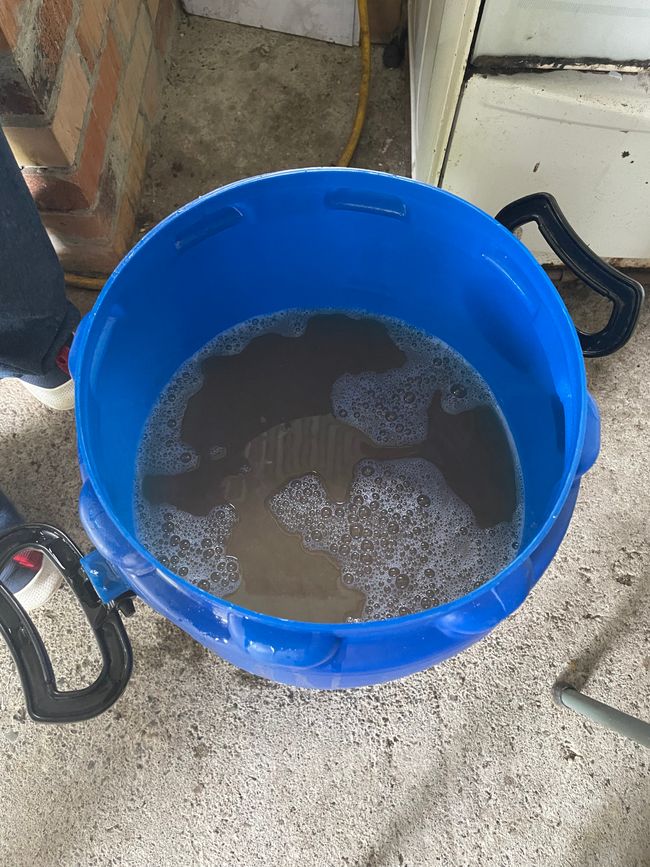
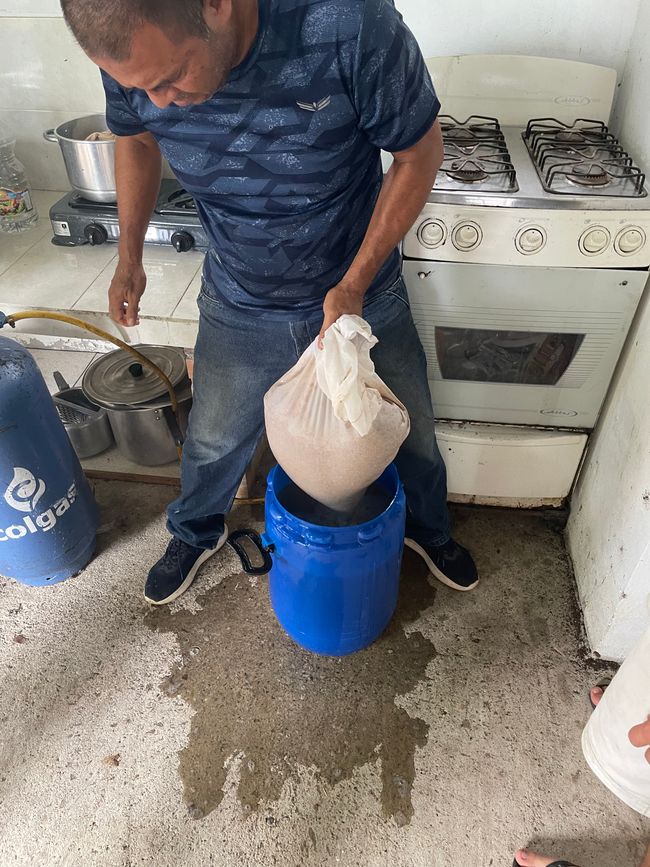
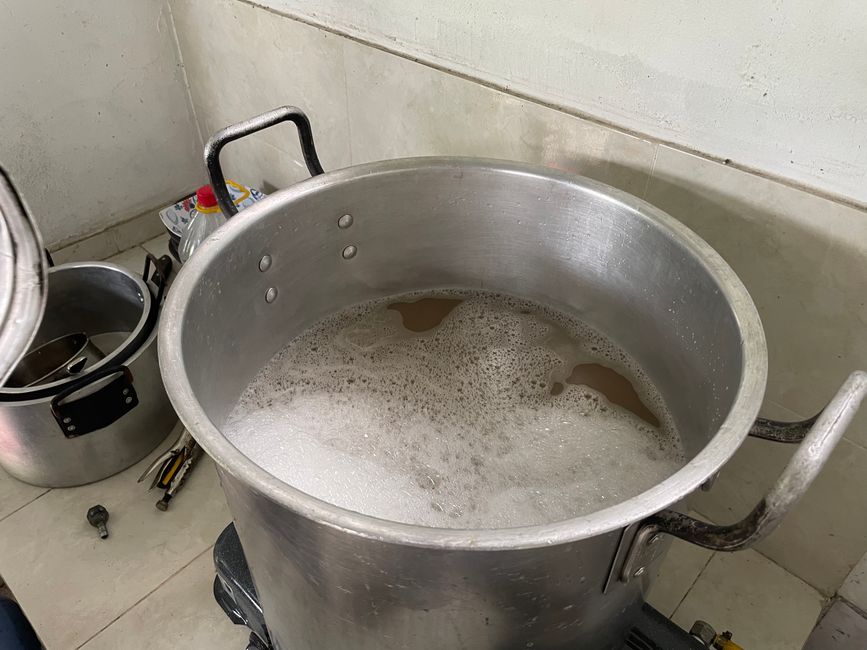
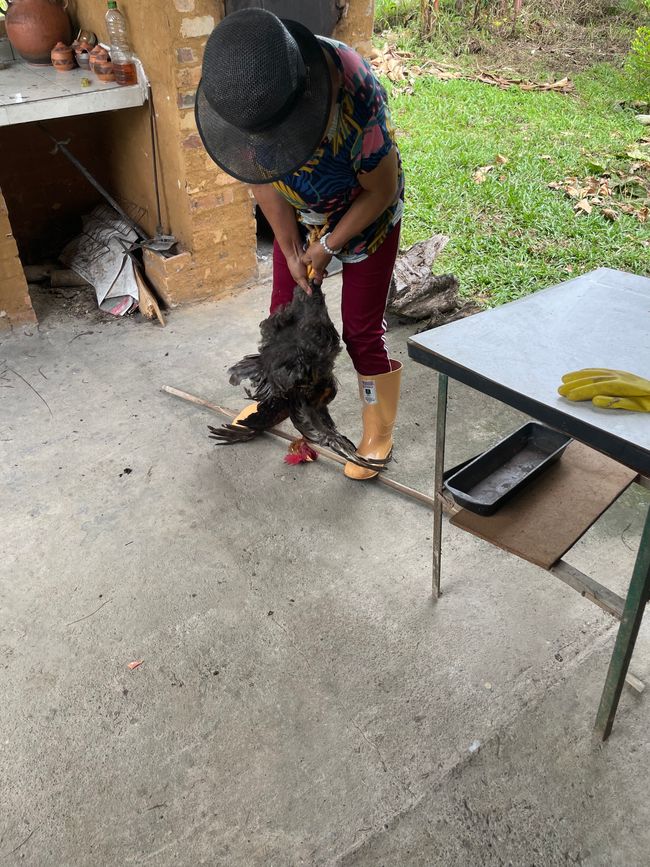
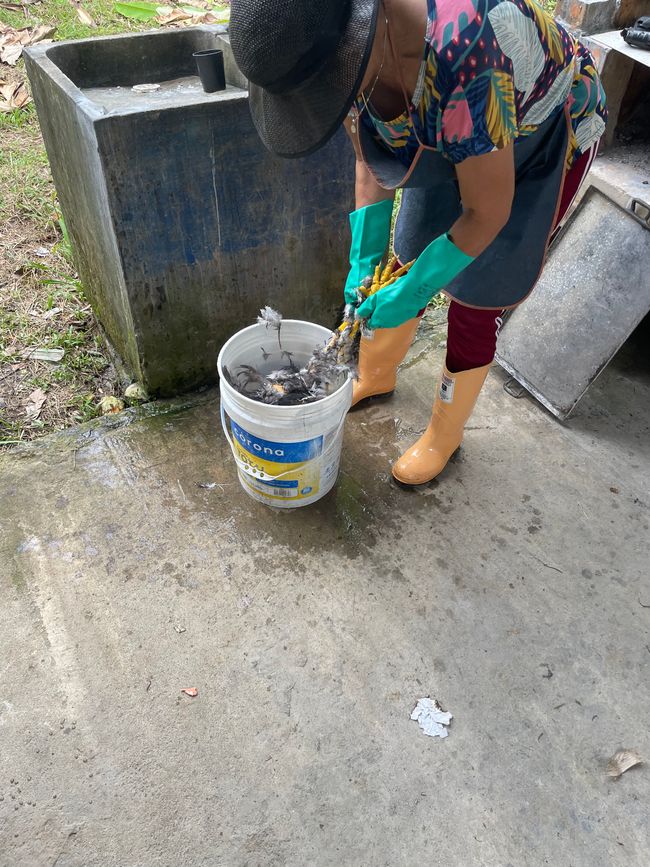
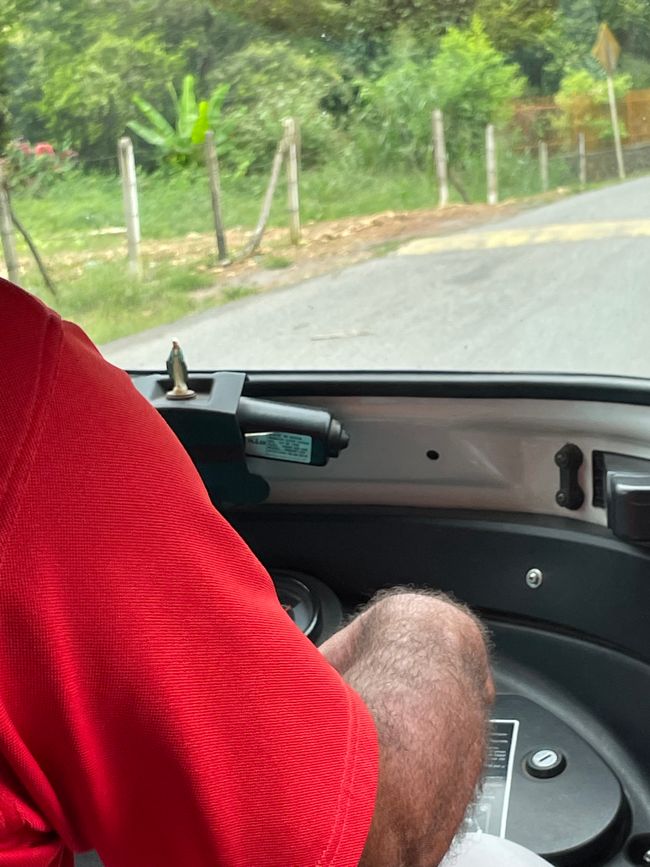
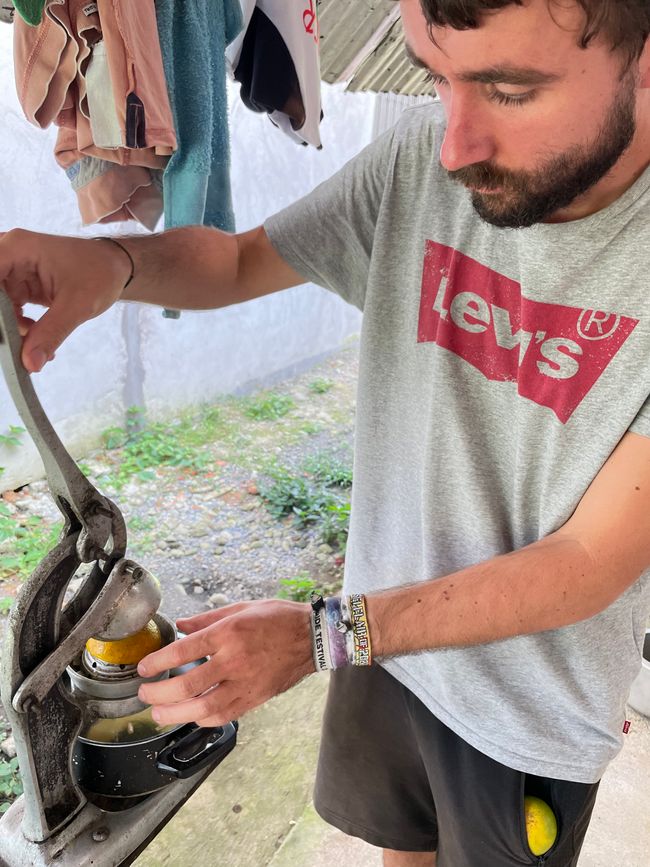
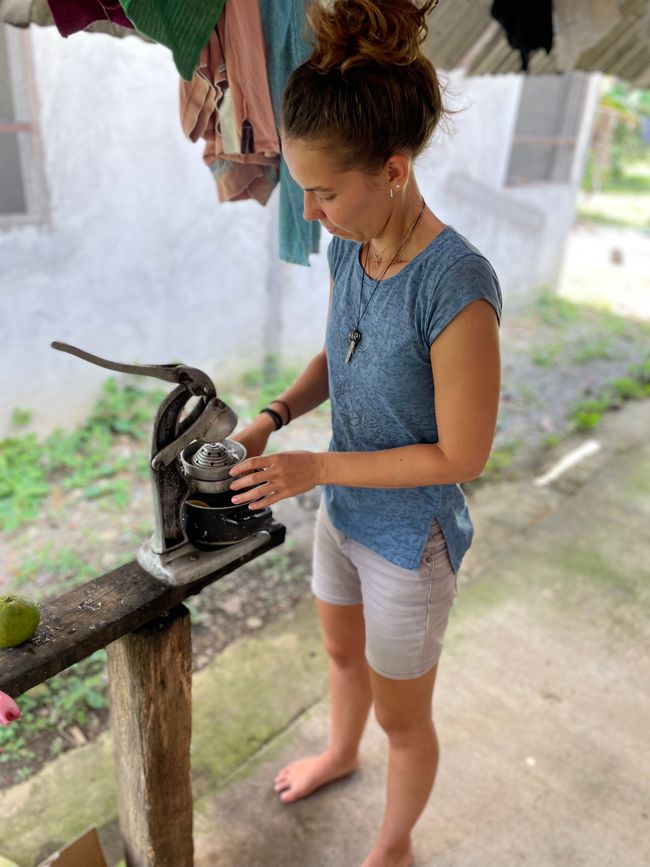
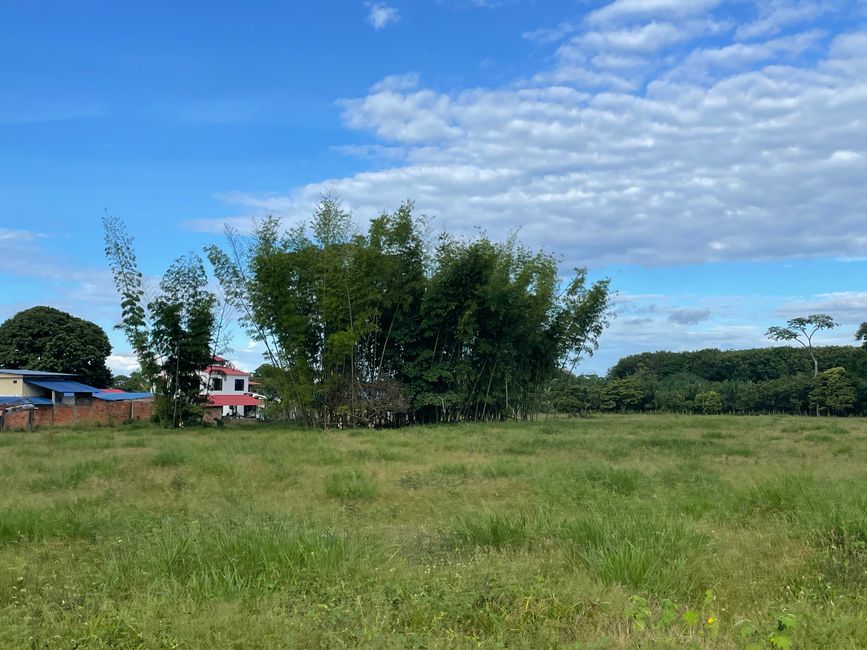
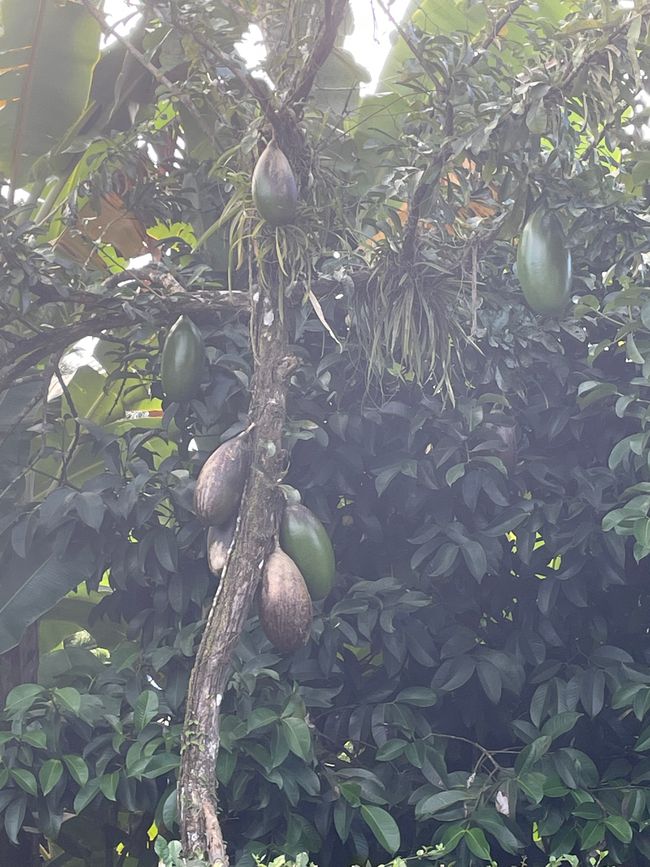
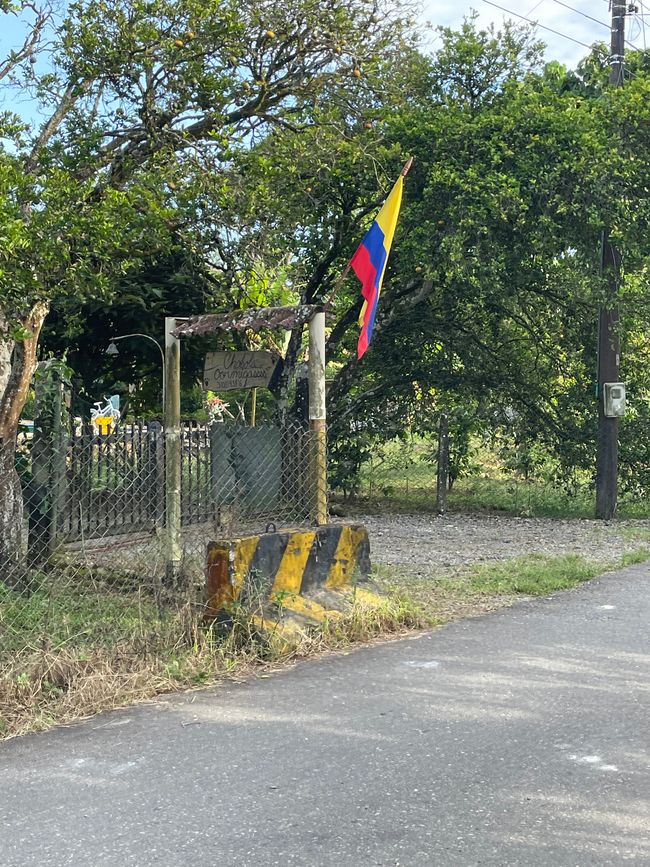
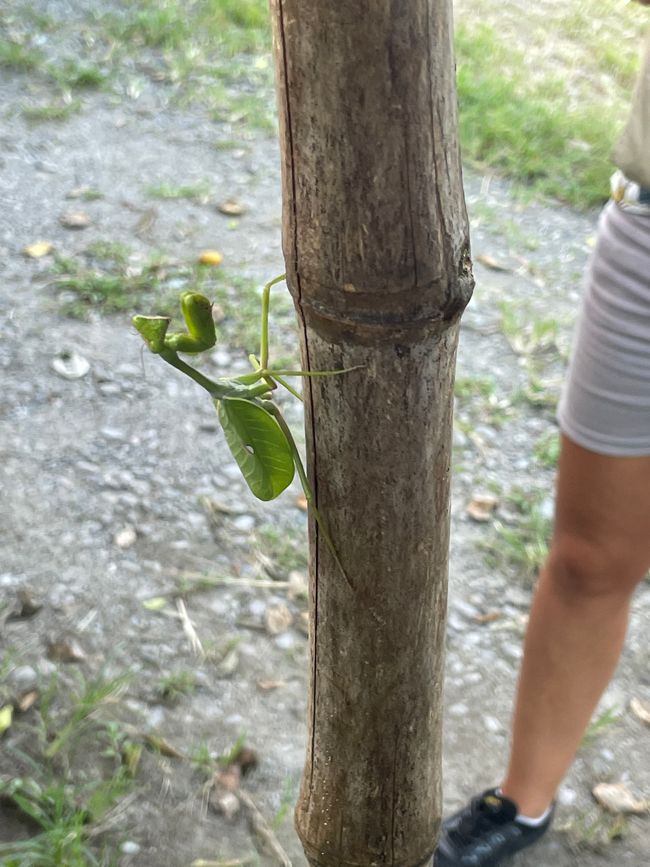
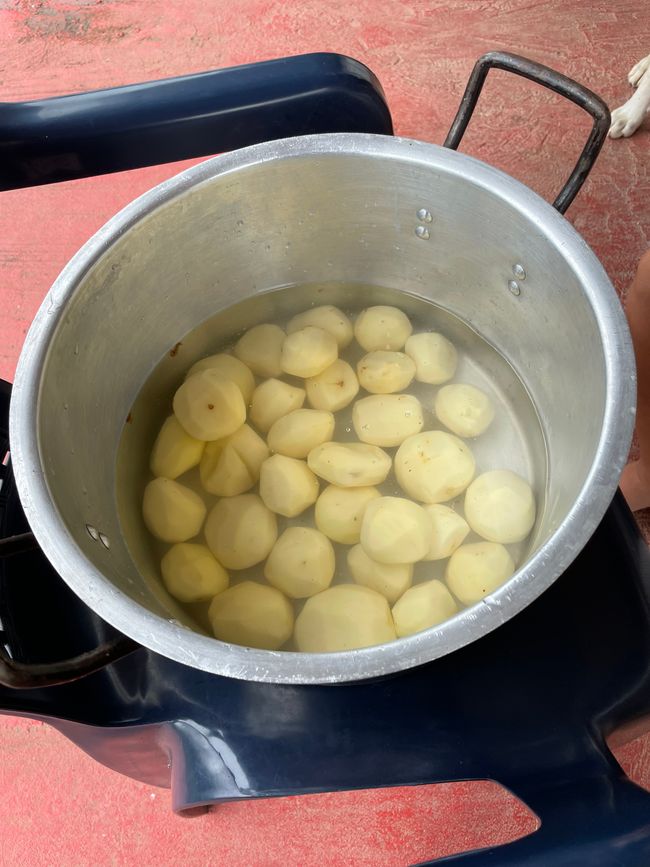
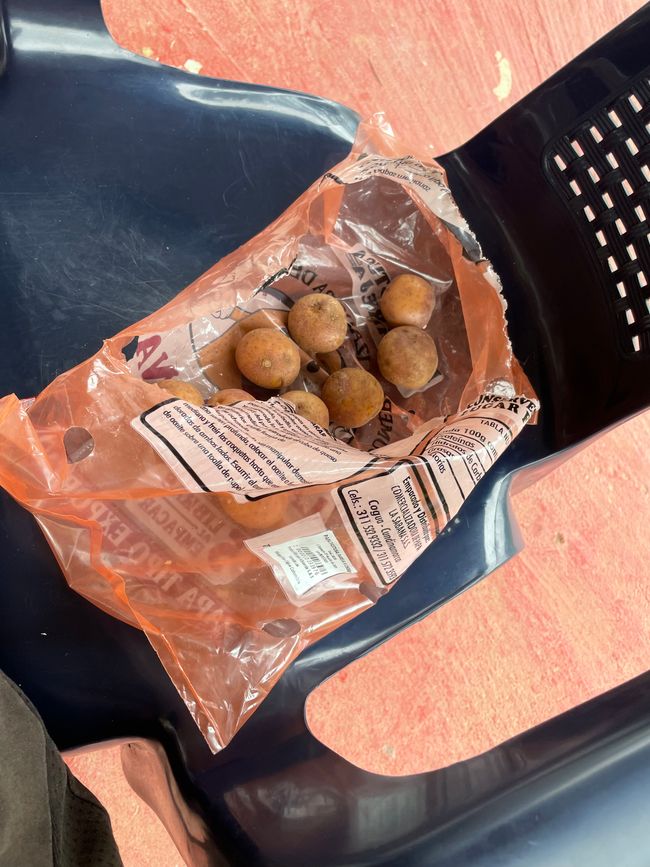
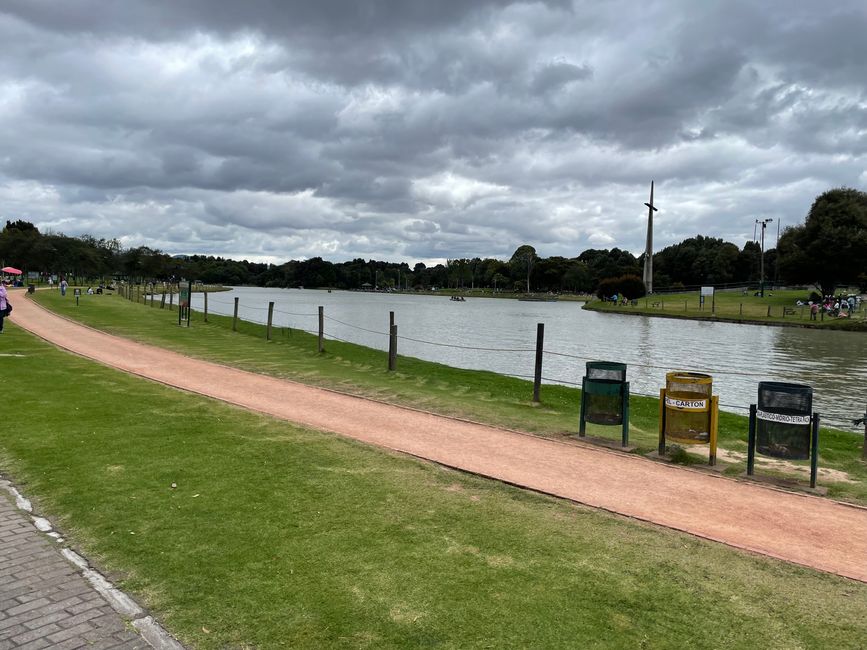
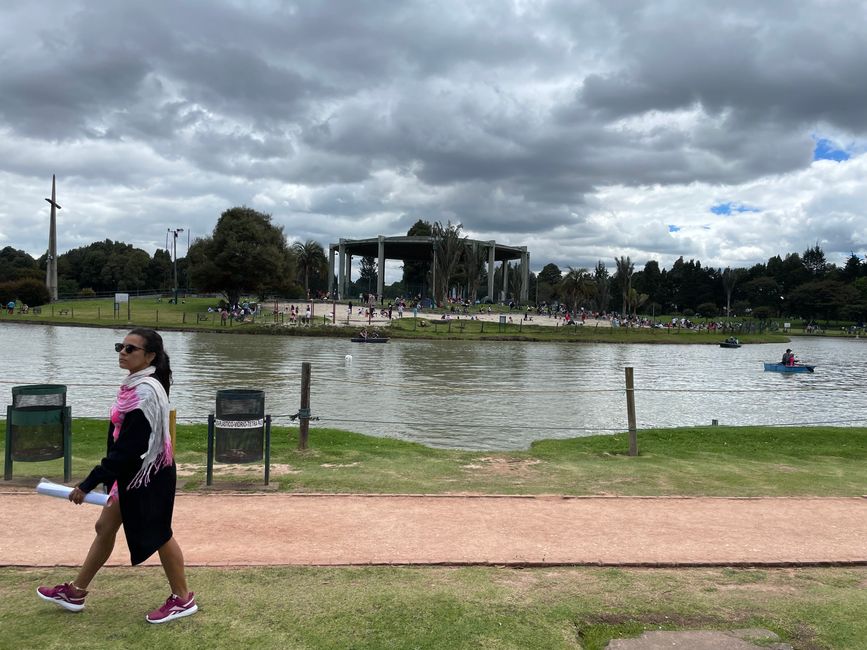
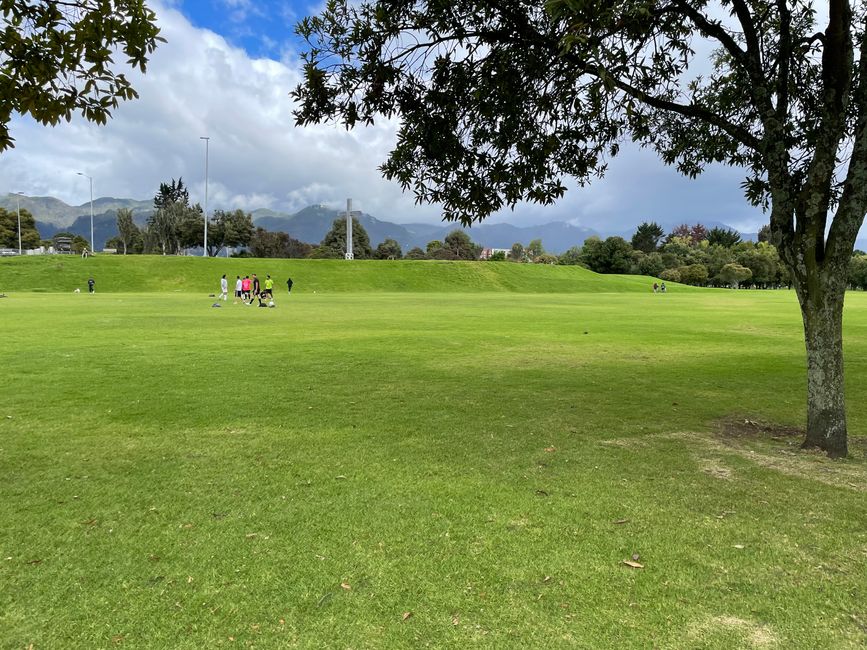
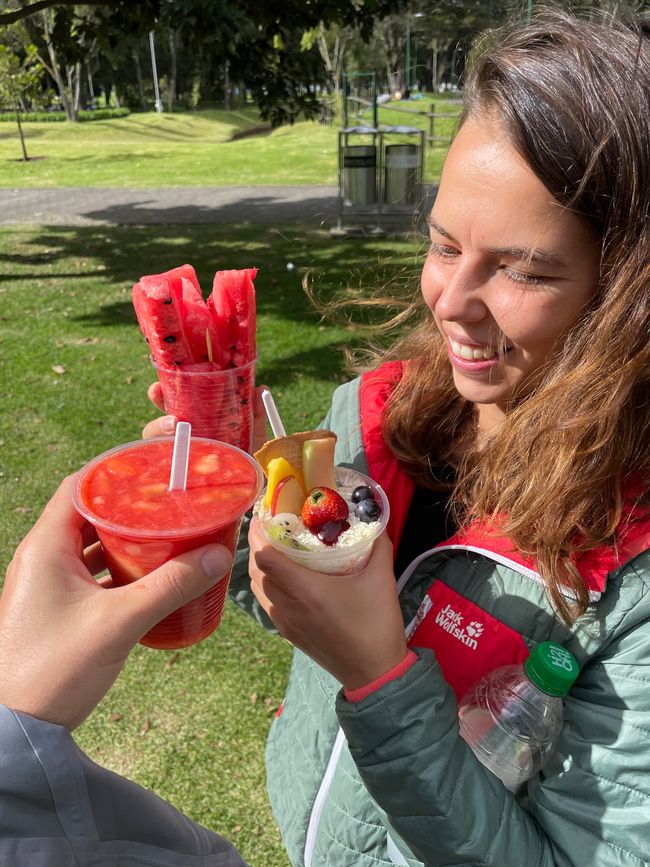
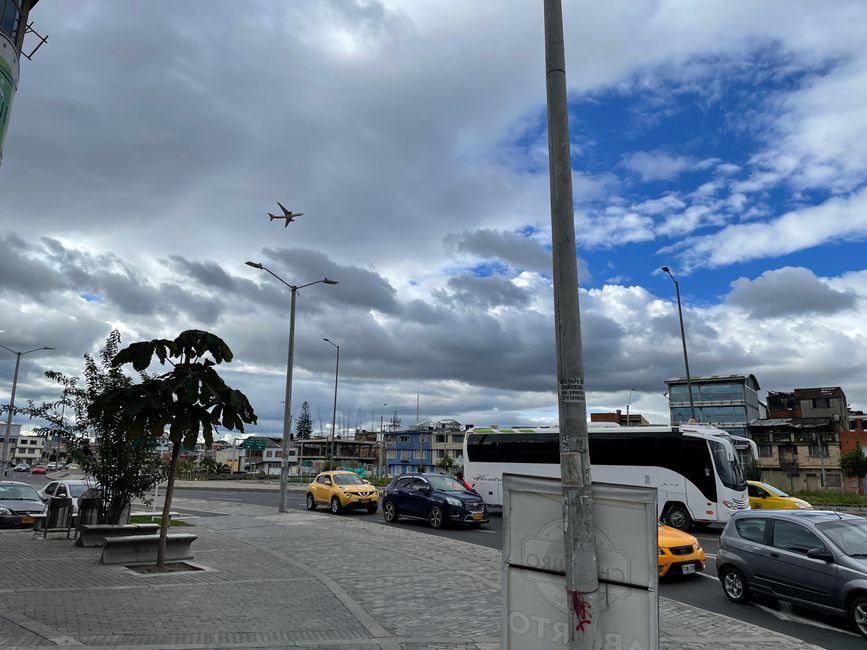
Subscribe to Newsletter
In the past four weeks, we have been working as English teachers in an English school in the small town of Guamal in the Meta Department. The time was very exciting and eventful, and definitely educational not only for the students. We experienced some things that I will briefly describe below.
Carolin had an A2 and a B1 class, which she took over from Maddie (from Manchester, England). Maddie told Caro that all the students in both classes are already very advanced and can already speak English very well; one student is supposedly already at a C2 level, and she (Maddie) doesn't understand why she attends the B1 class. Well, if the student is at a C2 level in English, then I must speak Spanish fluently...
It turned out that Maddie mostly played games with the kids instead of practicing grammar, reading or listening comprehension, or writing and speaking. Carolin wrote the final test with both classes at the end of the four weeks, and the majority didn't even reach half of the maximum score. But anyway, you don't have to pass in school to be able to move up to the next level, so no problem.
When we arrived, my predecessor (Misty from the USA) had just written the final tests with her B2 and C1 classes. Since passing is not necessary, the two classes were now at a C1 and C2 level. I was allowed to take over these classes. Fortunately, the students in both classes could already speak reasonably well (only the pronunciation was poor, but that's relatively normal in South America). So I was able to have pretty good conversations with my classes. They also quickly noticed that I speak and understand basic Spanish, which was very helpful for me. In retrospect, it might have been smarter if I had taken over an A1 or A2 class, because learning a new language without a 'bridge language' is really difficult.
On one of our first or second weekends in Guamal, Caro and I went to a nearby waterfall with two other volunteers (Maddie from England and Bastien from Baguette Land). We took a taxi for the first part of the journey, and then we received a very detailed and accurate description of the rest of the way from Amparo and Ricardo (our host parents). Maddie even got the GPS coordinates of the waterfall on her phone. We started walking, and after about half an hour, Maddie looked at her phone and realized that we were not far away and on the right path. We kept walking and passed a sign that said 'Parqueadero Cascada La Argentina' (La Argentina Waterfall Parking). Then I commented that the waterfall must be here if the parking lot is already here. However, the English and Baguette Land fractions saw it differently, and we kept walking. After about another hour of walking (so a total of 1.5 hours - Amparo and Ricardo told us that the path would not take more than an hour), Maddie looked at her phone again and realized that we had walked too far and had already passed the waterfall. Bastien took out his phone and saw that there was another waterfall 700 meters further. We could just go to that one and visit the originally intended one on the way back. Unfortunately, Caro and I couldn't contribute to the GPS navigation because our Colombian SIM card had already expired. It took us another 40 minutes to walk the 700 meters (normally: 10-15 minutes, uphill maybe 20). After 30 minutes, I cautiously asked when the 700 meters would be over. Bastien replied that the 700 meters are as the crow flies, but we were walking on switchbacks, so it would take longer. At the end of the 700 meters, we were almost attacked by trained dogs. And there was no waterfall there either. It turned out that Bastien had used his Pokemon Go app for navigation. I'll spare you any comment on that.
Bastien left a few days later. A week later, Arthur also arrived, also from Baguette Land. He left to travel halfway through his philosophy studies, and currently he doesn't see the need to come back and finish his degree. He will just do it in 2-3 years or so, there is still more than enough time for that. I'll spare you any comment on that as well.
Other than that, in the past 4 weeks, for example, we played Tejo (pronounced: Tächo). Tejo is a Colombian national game where you throw a cone-shaped object at a target. There are four bags of black powder in the target, which explode when hit. It makes a lot of noise and smells like New Year's Eve: so it's a lot of fun. Plus, you can drink cheap beer while playing.
On one Saturday, we had a big family celebration. It didn't necessarily need a reason. The family celebration took place at our place, and we were able to help cook Sancocho, a Colombian national dish. We cooked it over an open fire, and it was quite interesting to watch.
Ricardo, our host father, is also an avid beer brewer. One day, he started brewing beer. Interestingly, on that day, I was talking to Hans on the phone and told him about the brewery. Since Hans speaks passable Spanish after seven years in Mexico, he and Ricardo were able to exchange brewing tips. Hans even gave Ricardo another recipe, which may be brewed in Colombia in the near future.
At the end of our four weeks of teaching, Caro and I cooked a German meal for our classes. It wasn't easy to get all the ingredients. In the end, we settled for Bavarian potato salad because it was the only thing we could find all the ingredients for. The salad was not very well received by the students, for some reason. But at least the older ones liked the salad very much and were happy that we cooked it.
Shortly before the end of our four weeks, there was a landslide in Colombia with over 20 deaths, and a bridge collapsed as well. As a result, the main and shortest route to Bogotá is no longer passable. Our travel time was extended from 5-6 hours to about 12 hours. Before the landslide, buses used to run every hour on the hour, but afterwards, there was only one bus per day. This bus left at 1:45 in the morning and, due to the doubled distance, of course, cost twice as much. At least we arrived in Bogotá safe and sound, albeit tired. During the bus ride, about 10 alarms went off (starting at half past 4 in the morning), but most people considered turning off the alarm absolutely unnecessary. Although the bus had a toilet, it was permanently locked. The bus driver also didn't stop until about 50% of the passengers approached him and said that it was time to stop. He probably thought the risk of a revolt was too great, so we stopped at a restaurant where the men's and women's restrooms consisted of exactly one toilet. There was a queue of 25-30 people at each toilet, which further fueled the resentment among the passengers. The bus also had two luggage compartments: a large one that can only be accessed from outside the bus, and a smaller one that leads to a hatch inside the bus. However, the smaller luggage compartment was not used for luggage: a mother with two children sat there, probably because the space was cheaper than one of the seats. The children didn't seem to enjoy it very much, as the mother was mostly busy wiping them clean after they had vomited on each other.
As I said, we are back in Bogotá now. Yesterday, we didn't do much because of the exhausting bus ride. Today, we visited Parque Simón Bolívar, a beautiful park in Bogotá. In addition to playgrounds and barbecue areas, you can go boating here, take a stroll, relax on a park bench or the surrounding green area. Many vendors also try to sell their goods here. One woman offered her goods with the slogan 'Tres costitas por cinco mil' - which means '3 things for 5,000 pesos' (fruits, juices, Salpicón, fruit salad, etc.), catching our attention. You can see the fruits we bought for 5,000 pesos (about 1.20 €) in the pictures above.
Otherwise, we will continue to Quito tomorrow, where we will take a short vacation for about a week.
Subscribe to Newsletter
Bersiv
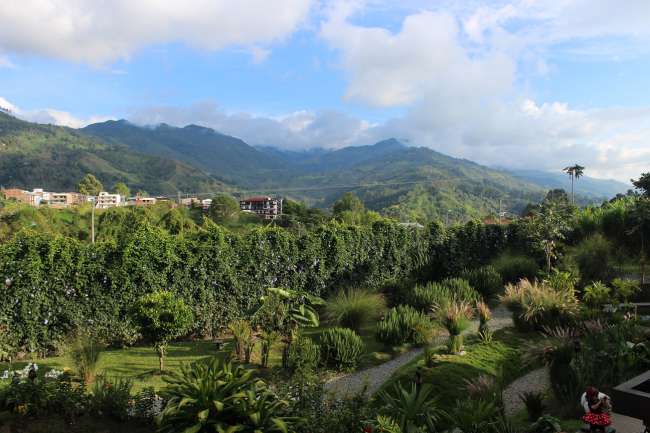
Raporên rêwîtiyê Kolombîya
